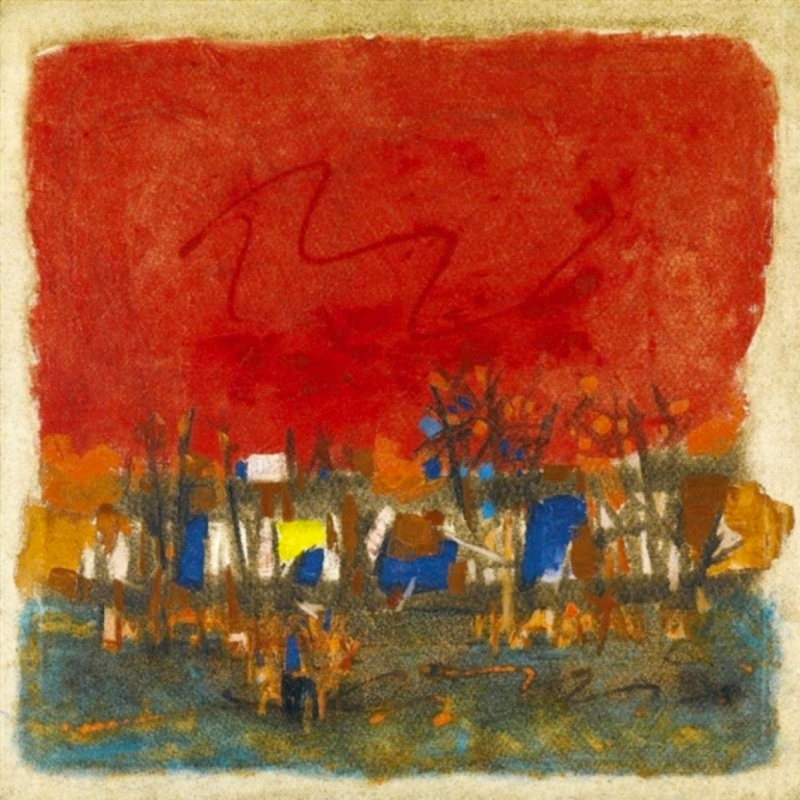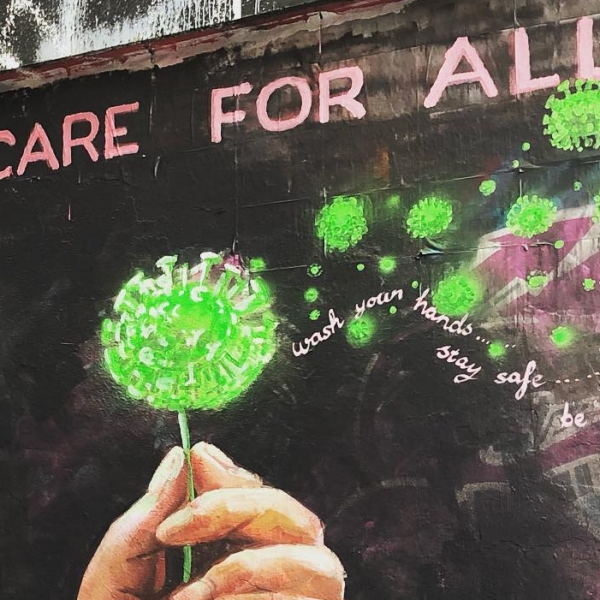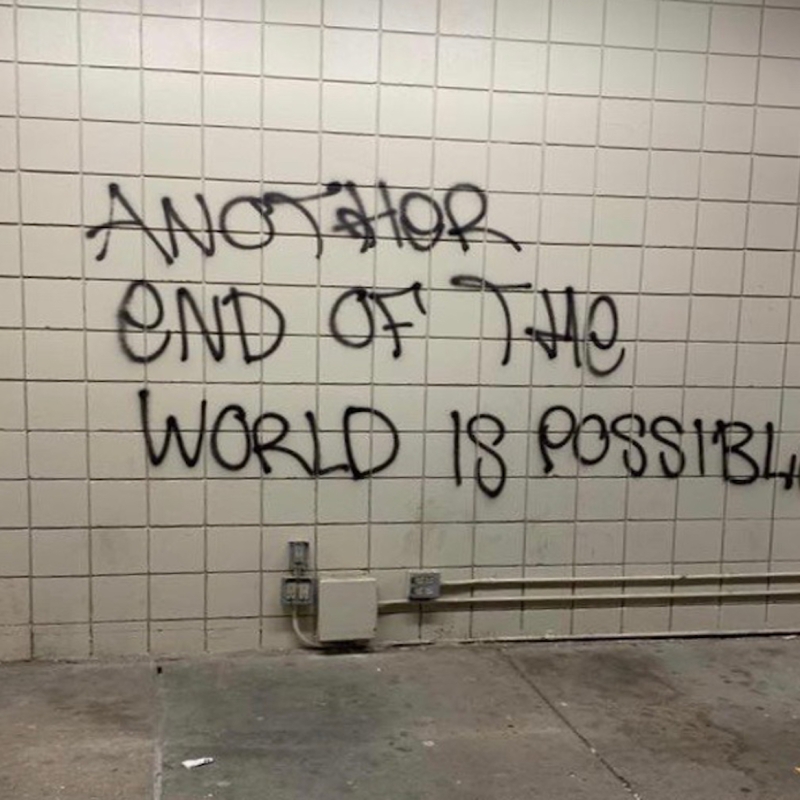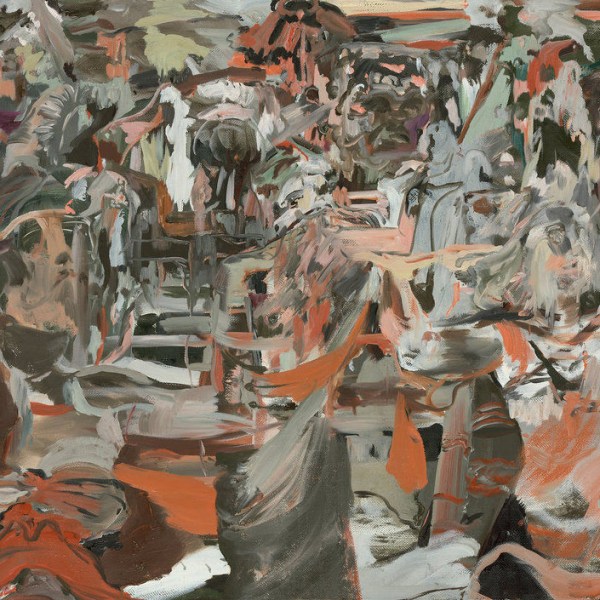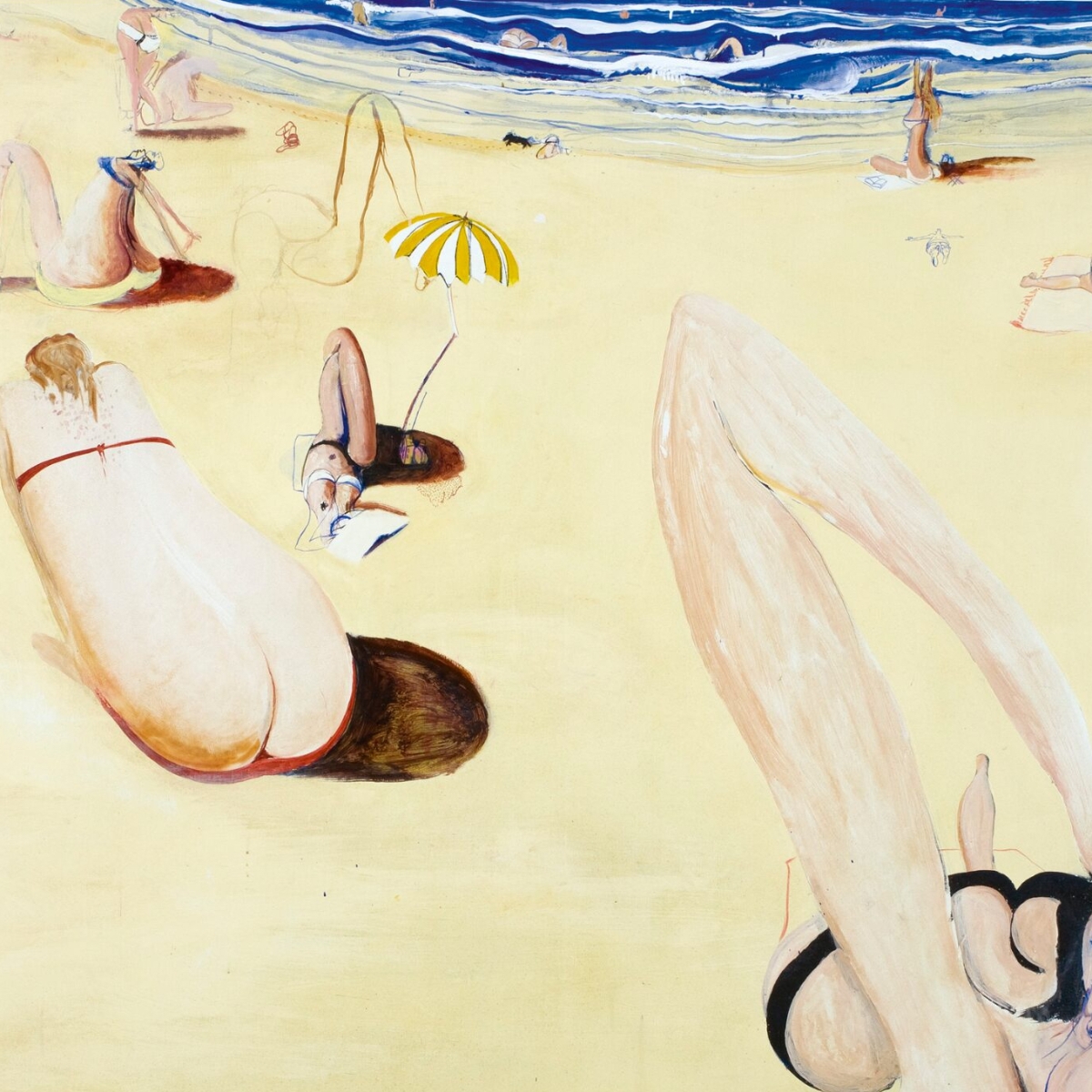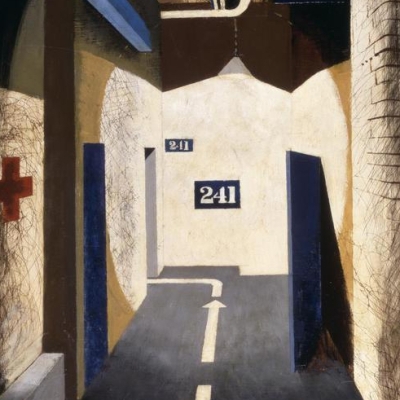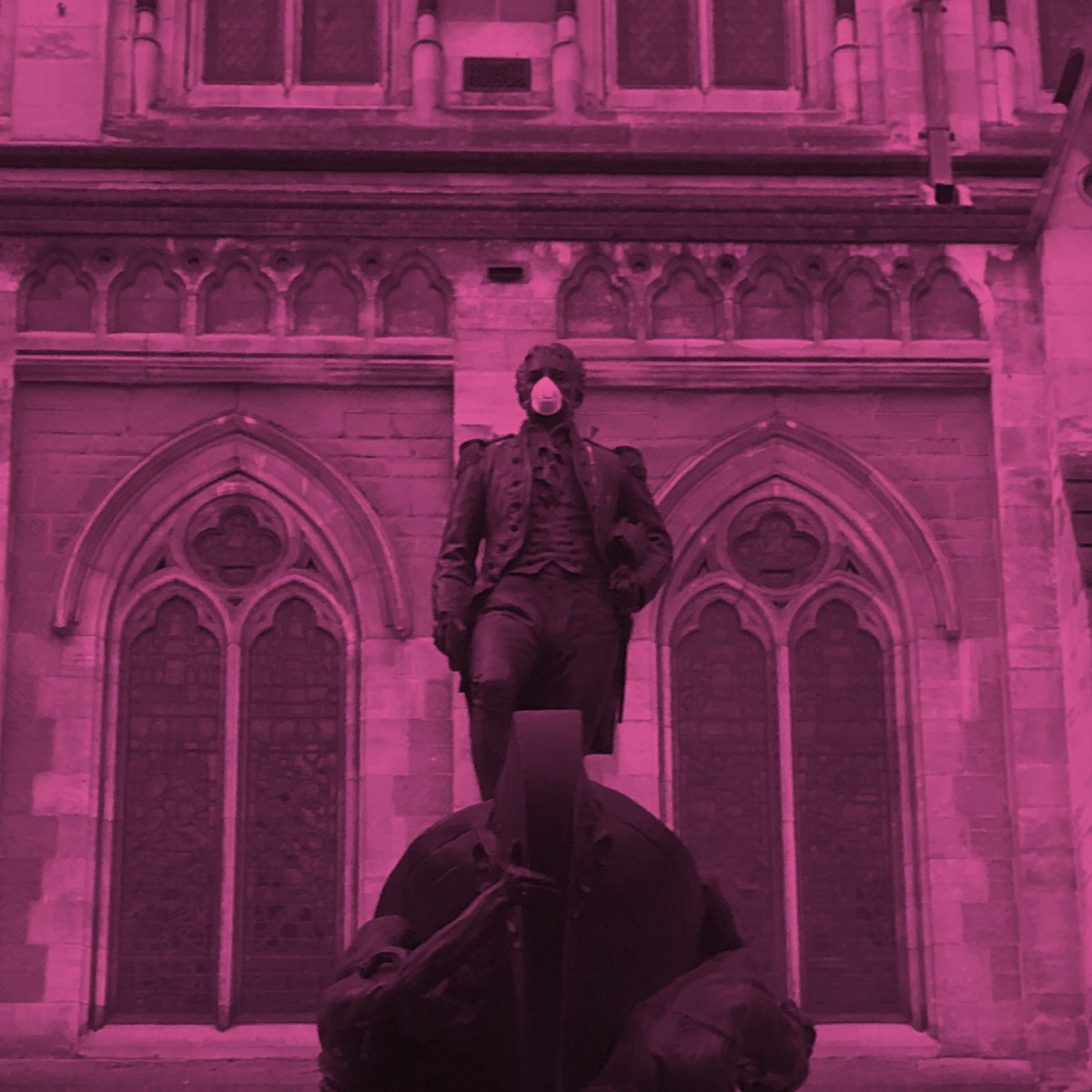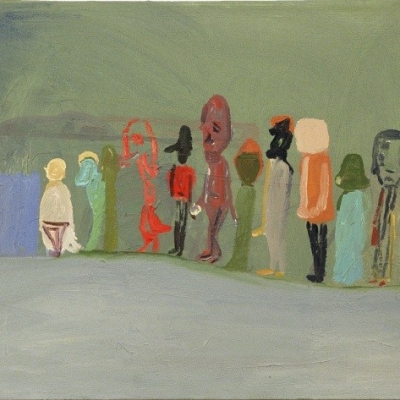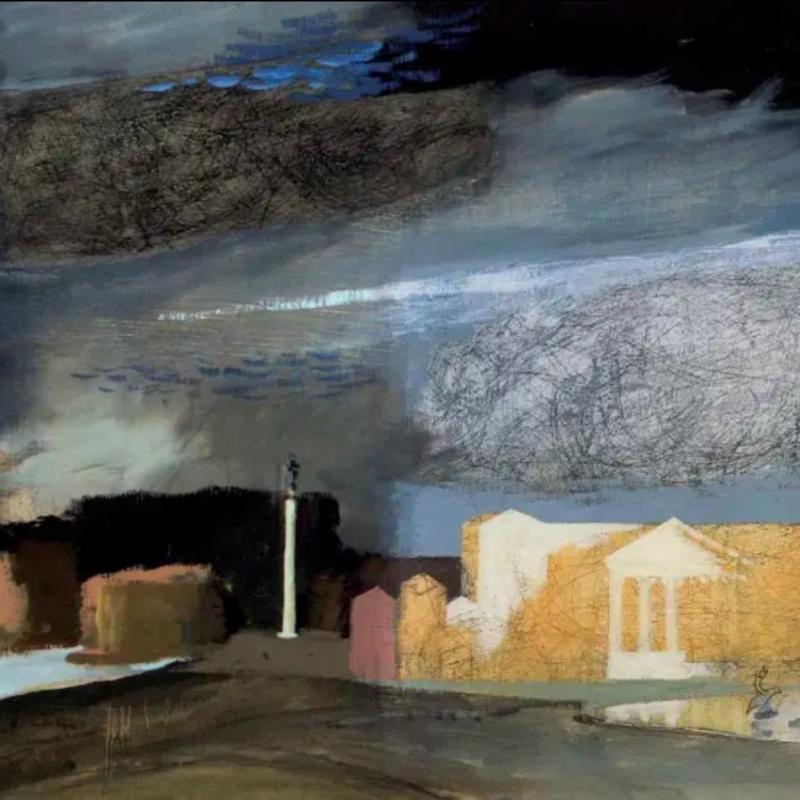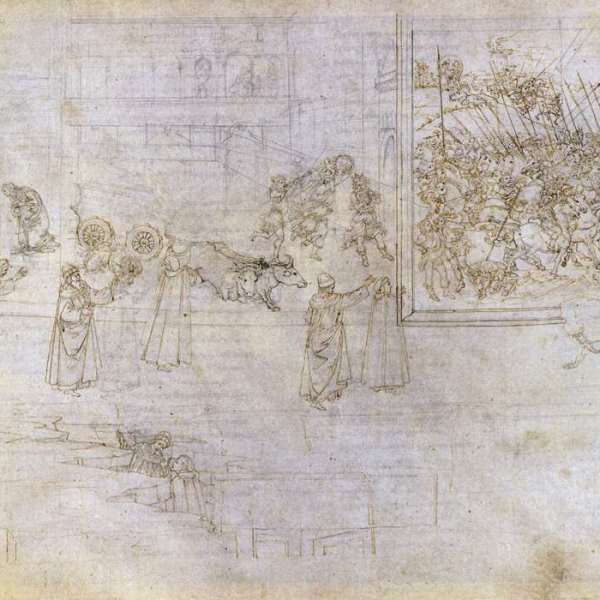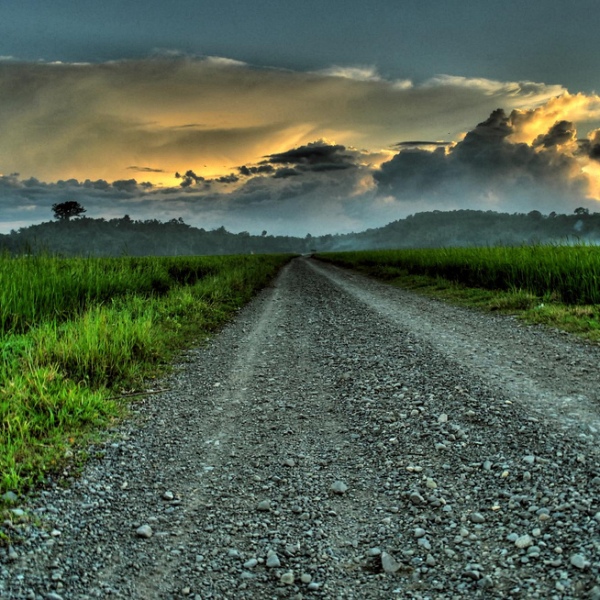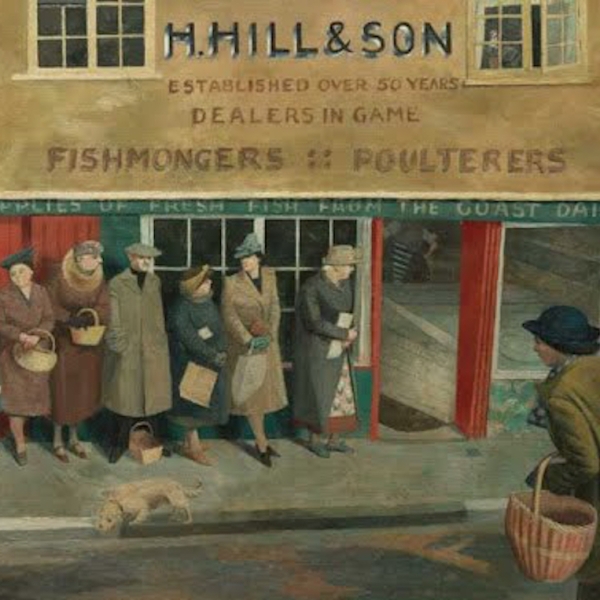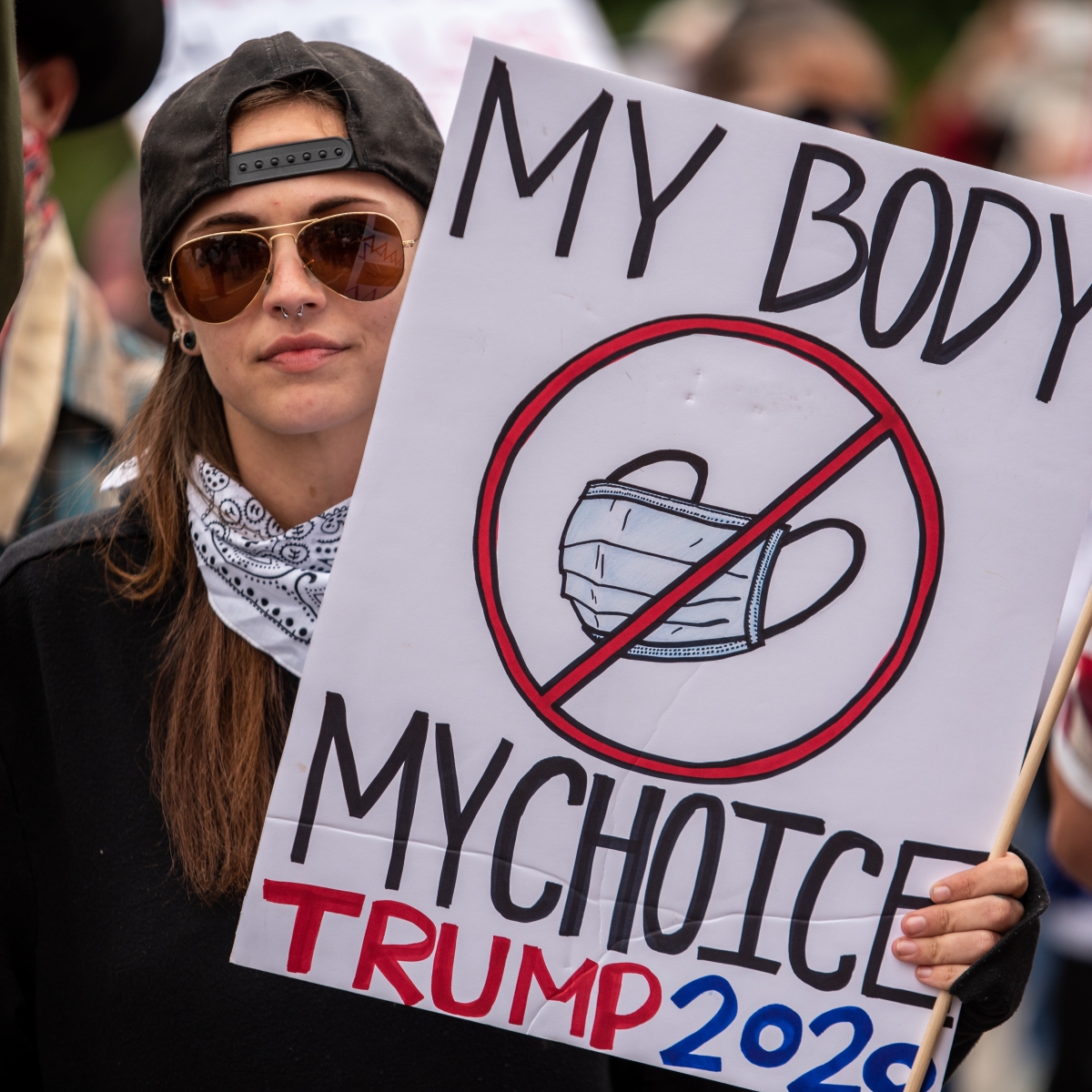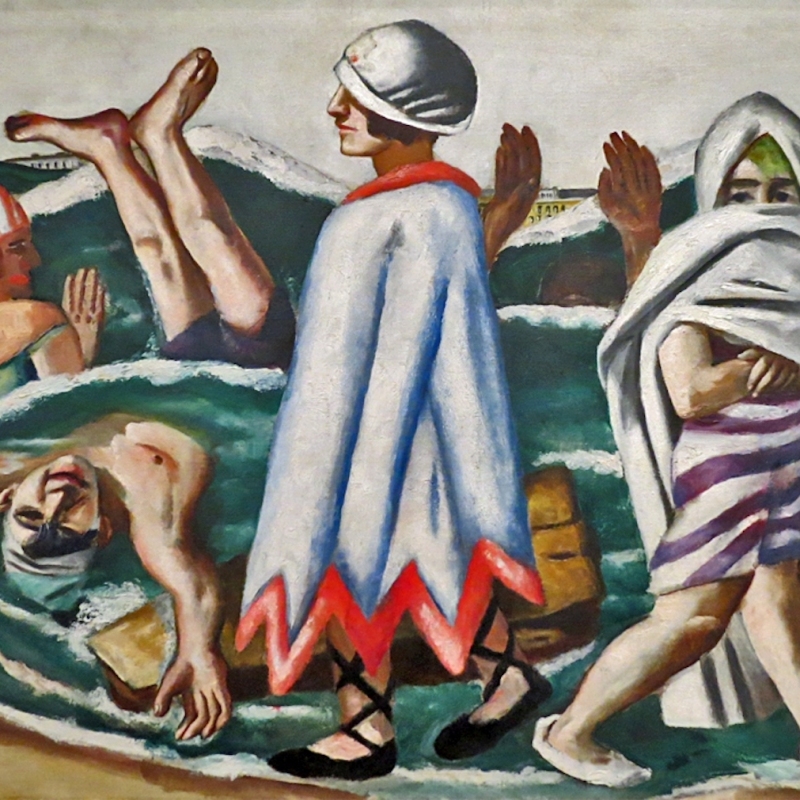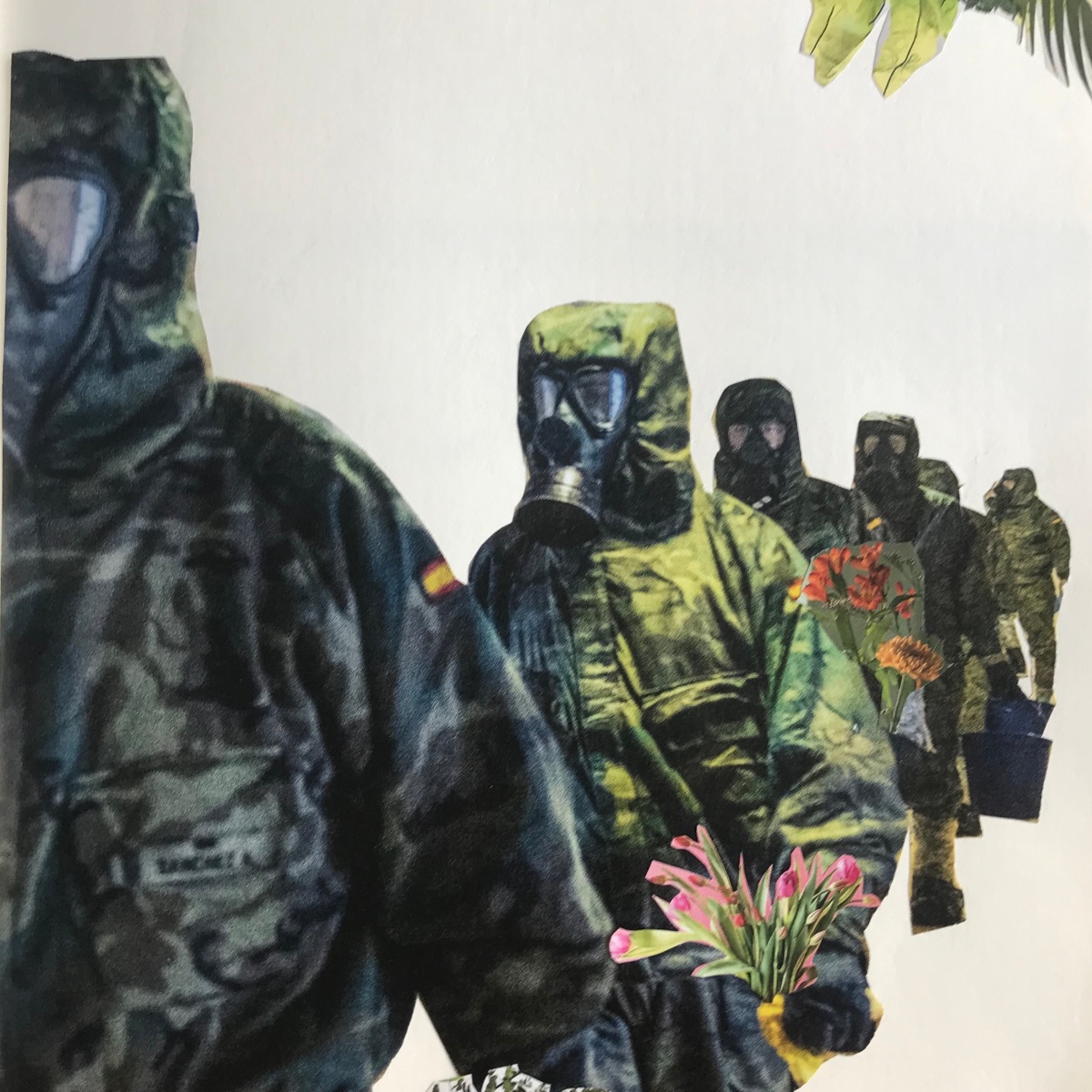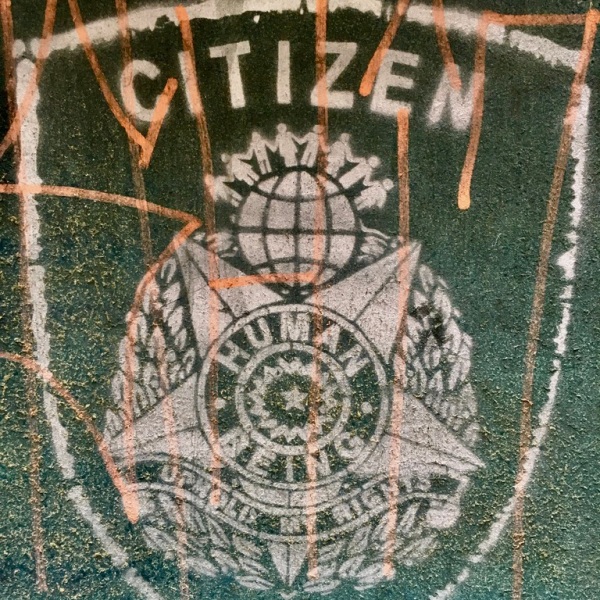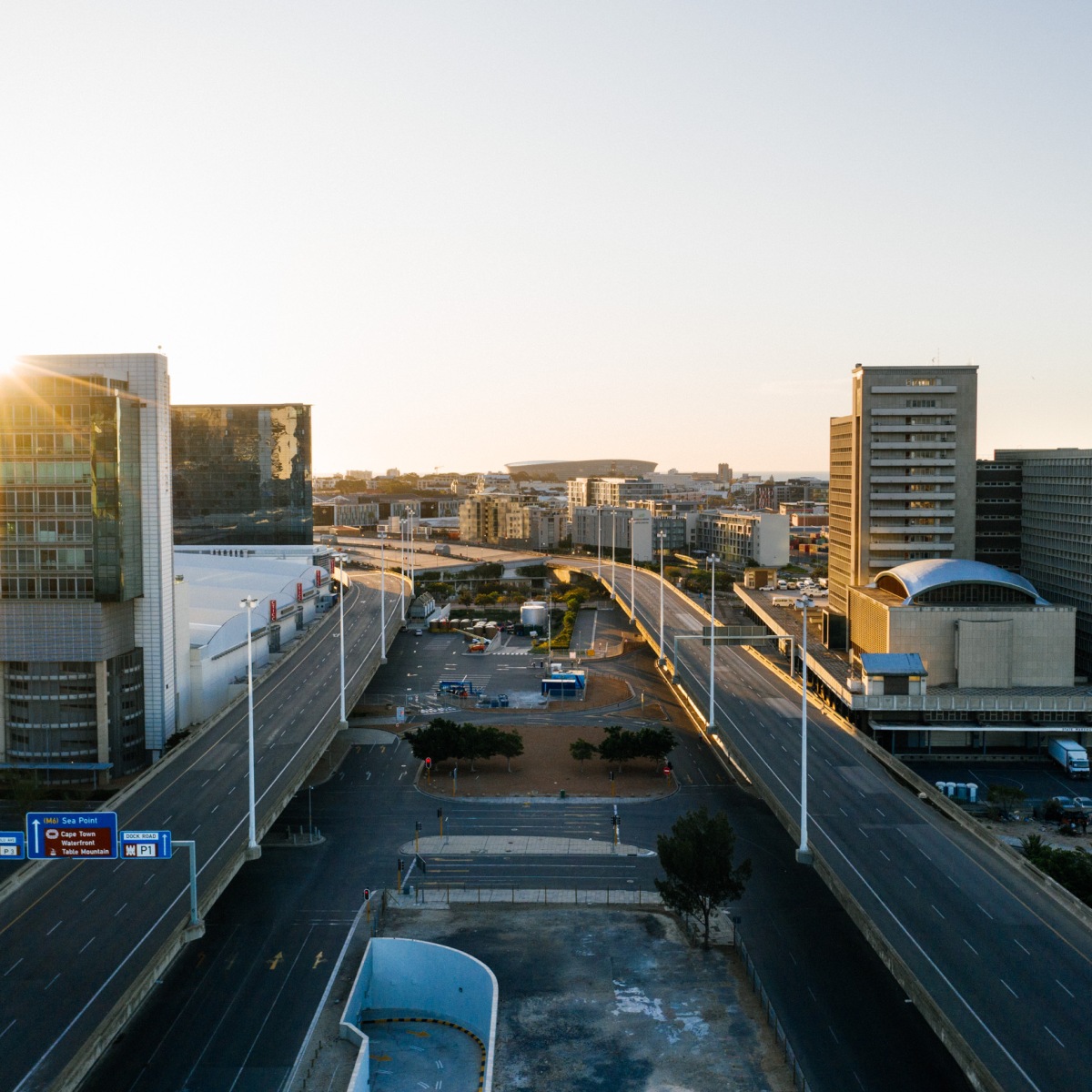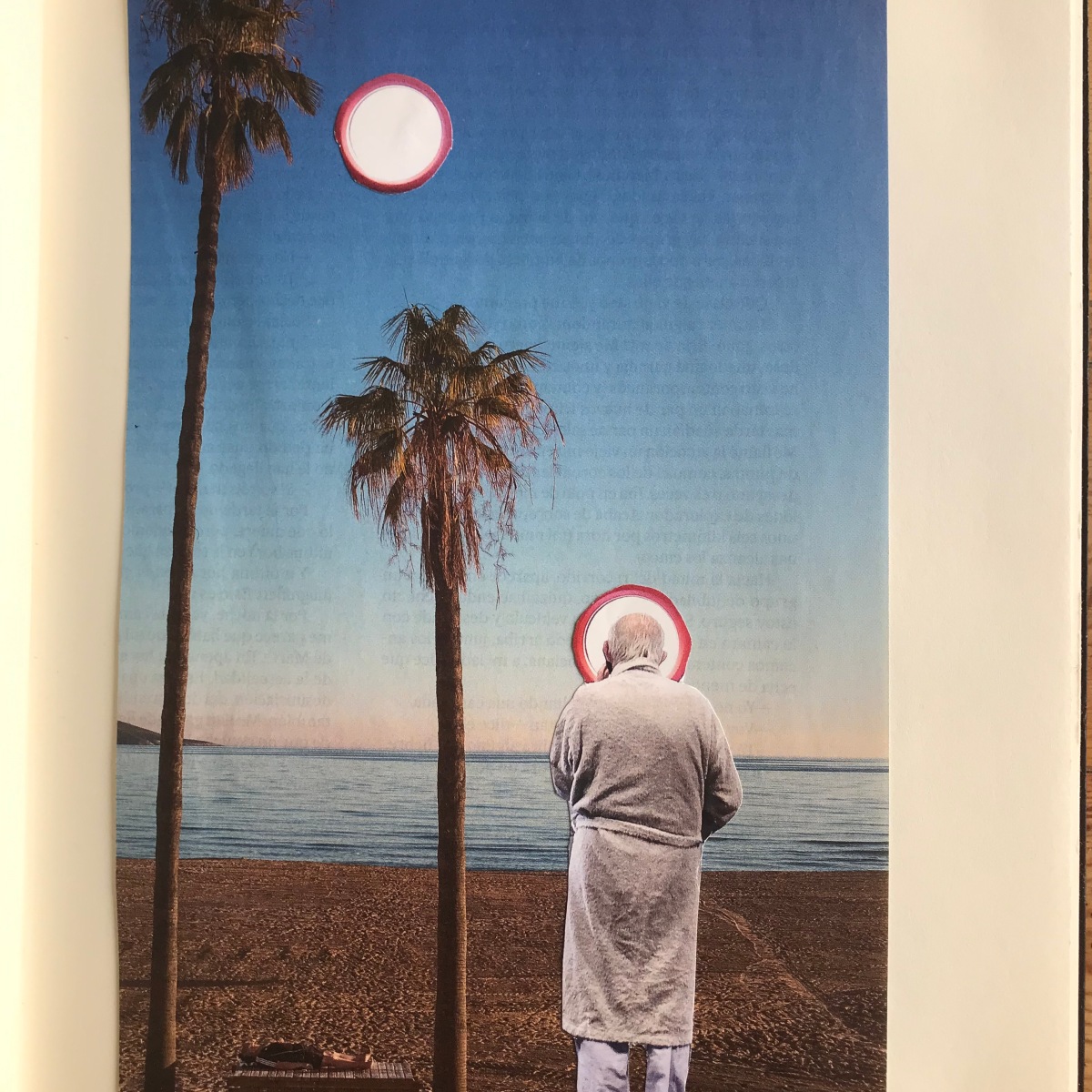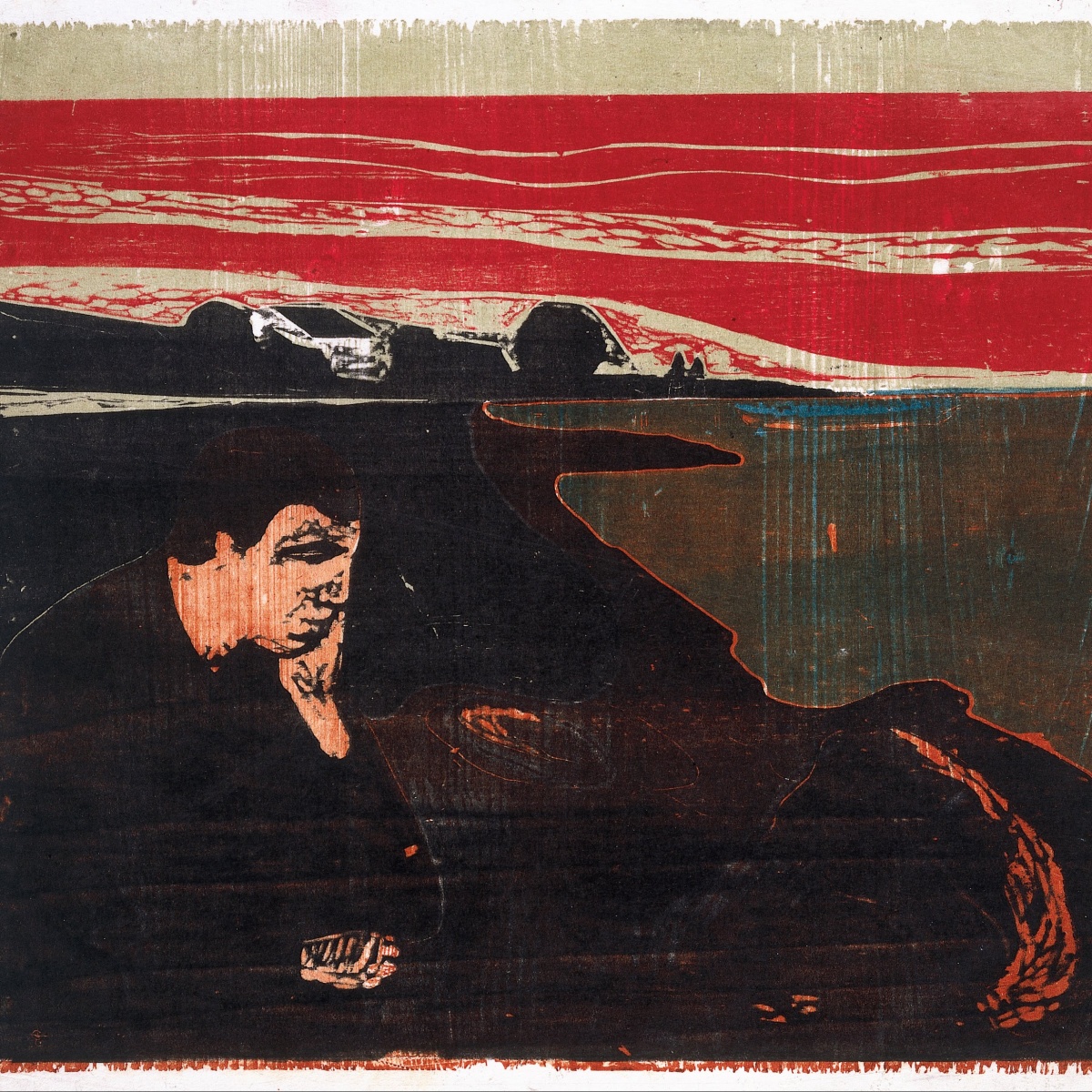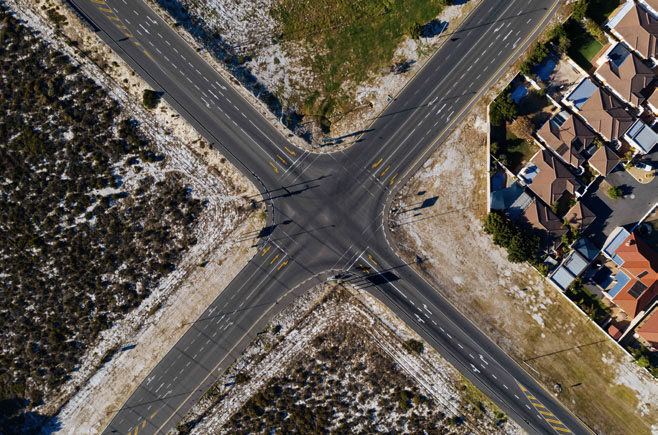
Living and Thinking Crisis
The pandemic which has swept across the world is at once a crisis of public health and of human relationships. It cannot be considered apart from reaction to it by states and other actors. Both the virus and the response are of a scale and speed not matched in living memory. Across the world, this has upended everyday life and is testing the limits of human organization; socially, economically and politically. New possibilities and challenges, new portals and politics lie before us.
This Thesis Eleven online project engages with the pandemic in the real-time of its making, set against deeper reflection, looking forward, with critical theories, and back, with historical sociologies. The voices we bring to this project are global and diverse; a kaleidoscopic vantage to an historical crossroad. More about this project here.
Image: Alex Oelofse 2020
COVID-19: CODA
by Peter Beilharz and Sian Supski (Melbourne)
Covid-19 has taken over the world, taken over everything including our waking everyday lives, our dreamlives, our scholarship and future institutional funding logistics. Our friend and collaborator from Jozi, Peter Vale, provoked this special project in insisting that we must respond, call out members of our global network…
Music Video: Help me
by Ian Collard (Melbourne)
We invited Ian to close this project for us, using a song with a message – ‘Help Me’. This is the last post on this series, to be followed by a coda next week . Thanks, meantime, to Ian for playing us out, and thanks to all our contributors, to all…
Cuba: autocratic governance and pandemic juncture
by Johanna Cilano Pelaez (Mexico)
While COVID-19 has impacted all of Latin America, Cuba has faced it from its own particular situation. The state’s ability to control the main resources of the economy and regulate social behaviour – important for the implementation of mitigating measures at a pandemic juncture – goes hand in hand with…
Covid Disaster in America and the World
by Craig Calhoun (Tempe, Arizona)
The disaster in America points to hard truths about Covid that matter everywhere. Covid strikes rich countries as well as poor, powerful as well as weak. Vulnerability that does not map neatly onto old divisions of developed from underdeveloped or imperialist from post-colonial. Its impact is shaped by pre-existing social…
Eleven theses or hypotheses on the way out of the pandemic
by Michel Wieviorka (Paris)
How to think about the post-pandemic? This is not a simple question. The phenomenon is global, since it concerns the whole world, but its treatment is mainly national, with considerable differences from one country to another. The pandemic is not static but moving. Paradoxically it may well be long-lasting, since we…
What Is a Crisis?
by Phumlani Pikoli (Johannesburg)
Since the onset of the Covid-19 pandemic, the world has been in a state of panic, fearing the unprecedented times we face. The idea that the pandemic has induced some pre-pubescent existential crisis is laughable, however.
As the world has been forced to sit and reckon with its own systemic…
Postcards from the Covid-19 pandemic
by Simon Marginson
The Covid-19 pandemic is instructive for social theory. It is like a gigantic experiment. It is not a controlled experiment, but a universal condition that enables differentiation on the basis of time and space, both geographical and discursive. It is possible to compare society before and during the pandemic, and also to…
Possible Futures, Now
by Tawana Kupe (Pretoria)
Drawing from both traditions, universities are trying understand how it was that science largely missed the signs of Covid’s coming, and so fulfil their obligation to secure the long-term future of humanity on this planet.
But they know, too, that the university must rise to the immediate challenges of global health,…
Online workshop: “Living in Crisis”
An online workshop on “Living in Crisis” organized by the TASA Social Theory thematic group and Thesis Eleven.
Speakers: Deborah Lupton, Craig Calhoun, Peter Vale and Peter Beilharz
Noticias educativas from the international Mexican newsroom
by Alonso Casanueva Baptista
The secretariat of public education in Mexico – the institution in charge of the standardized schooling practices there – organized for the current semester to take place via radio, internet, but most importantly, television. From August 24th to the end of the school year (July 2021), thirty million Mexican students will…
Between the acts: at home in uncertain times
by Timothy Andrews
In the current pandemic, we find ourselves in a similar situation to that of Virginia Woolf’s audience in Between the Acts. Forced into our homes as a result of lockdown measures, a mirror is held up to us so that we can see the intimacy of our lives under the stark light…
I can’t wait to see what it’s like on the outside now: a postcard from quarantine in downtown São Paulo
by Isabela Capovilla Romanetto and Matheus Capovilla Romanetto
That it was possible to dream in more depth is immediately related to how much more silent the city became. This is not only an effect of the absence of people on the streets, but also of changes in the mobility system, which for some time had…
Two Australias
by Tim Soutphommasane and Marc Stears (Sydney)
For the most part, the Australian government’s response has been effective in suppressing the numbers of infection since the virus was detected here in March 2020. There are, however, signs that we are now seeing a more worrying new phase of conservative ideological ascendency in Australia.
Crisis, trust and pandemic
by Andrew Simon Gilbert
It has become increasingly common over recent years for academics to declare a “crisis of trust” in Western institutions. One of the main points of this crisis has been the healthcare system, with eroding trust in doctors and the institutions of biomedicine apparently evident in surveys, as well as the proliferation…
Photography – Empty Desire Lines: Cape Town under Lockdown
by Alex Oelofse
Cape Town is a city of astonishing beauty and contradiction. It is tough, beautiful, relaxed and edgy in different proportions. The god’s eye view by drone of this austere beauty leaves us wondering, in awe, of how life goes on the ground, and when it might return to its own version of…
Creative Destruction and Covid
by Peter Newman
Then we turned the corner of a new decade with raging bushfires in Australia, and the unleashing of a frightening new pandemic. Could this be the crisis that would creatively lead to a new green economy as I optimistically suggested and have written much about for most of this century?
New Wages For Students: A poster after Lotta Feminista
by Emily Floyd
New Wages For Students: A poster after Lotta Feminista is a Print on Demand artwork by Emily Floyd, especially for the T11 Living and Thinking Crisis series
A Void like the Plague: Fragments of Domestic Theory
by Howard Prosser
Camus is back. The Plague is everywhere. Its brave everyday characters resonate with our ideal selves, our care workers, and our belief in a possible ending to the global pandemic. But his allegory also highlights how exclusionary politics is always an option. Our city selves are vulnerable – to plague, to…
India’s migrant crisis: the sovereign injunction that was not
by Ira Raja
In the weeks that followed the announcement of the lockdown, the Government of India, not unlike governments elsewhere, issued several rules and decrees, all purportedly aimed at containing the contagion through non-violent measures or what the Indian PM called ‘the people’s curfew’. But the biopolitical measure of the lockdown, meant to illustrate…
Only a virus can save us?
by Michael Marder
The emergence of SARS-CoV-2 is an effect of definite (objective) causal chains. Nonetheless, the way it is called upon to serve as the blueprint for a transition to an ecologically sensitive life is spurious, purely accidental. Accidents may, of course, be of at least two types: random events that do not…
The Utopian Counterfactual
by Gianpaolo Baiocchi
Living through the extended pandemic and its still unfolding aftermaths has been sobering for those of us who understand ourselves as critical scholars in the social sciences. Events have unleashed fast-evolving social demands, from #cancelrent to #defundthepolice that dialogue with the very same radical theory that we write and teach, and yet…
COVID-19 remapping East Asian Modernity
by Mark Harrison
The political meaning of the virus is contending constantly with its biological realities. But as its transmission has slowed in Asia, it is leaving behind newly calcified traces of the long-standing enmities, political compromises and aspirations of different modernist visions set in place in the early 20th century history of modernisation in…
Photo essay – Of Tea and Grit: Kolkata in the Time of COVID-19
by Nilanjana Deb (text) and Jishnu Basak (photos)
Until a vaccine is made cheaply and readily available for all, Kolkata – like all cities – will have to keep moving between phases of city-wide lockdown, limited lockdown within containment zones, and periodic easing of travel and other restrictions to enable businesses and institutions to…
Institutional and Personal Engagement in the Response to the Covid-19 Medical Crisis, A View from Inside China
by Sikong Zhao
This short essay aims at reflecting upon the way the Covid-19 crisis has consolidated the popular Chinese perception of the connection between official institutions, party membership and grass-roots participatory politics with Chinese characteristics. Nation-wide expectations for effective management, organizational capabilities and rapid implementation have been very popular in a country with more…
Culture in ‘Isolation’
by Donald Sassoon
Consuming culture in almost complete isolation has been possible for years but under the conditions of the current pandemic we are encouraged and even obliged to do so.
The new (un)reality of death: Reflections on death awareness and the ‘Corona Crisis’
by Michael Hviid Jacobsen
Almost overnight, death – after being absent for such a long time – re-entered the collective consciousness of contemporary society. Death, the constant doppelganger of life that we had been successful in keeping at arm’s length for so long, suddenly kicked in the door and made itself something to be talked…
The Unexpected Effect of Coronavirus: The Re-Birth of Sociology [and Sociologists]?!?
by Izabela Wagner
We cannot spend our lives being blind and pretending that we are too weak to change the powerful system, especially those of us who are sociologists and scholars, who should be the ‘medical doctors of our societies’. Societies are our sick patients today, and not only because of coronavirus. Our societies…
Coronacapitalism and Hindu Rashtra in India
by Nivedita Menon
In India, twin processes have driven the country in accelerated mode since the parliamentary elections of 2014, in which the Bharatiya Janata Party (BJP) came to power – predatory capitalism and Hindu supremacist politics. Both have seamlessly melded with the virus to emerge as practically invincible, at least at this moment…
Charity in time of plague
by Glyn Davis
Charity might not be ideal, but in a world of limited states it matters that wealthy individuals and organisations address the consequences of inequality. Best they not be required, but better they exist than leave people destitute.
Another End of the World is Possible
by Ayça Çubukçu
There is a utopic element buried in the apocalyptic saying, “Another End of the World is Possible.” It too champions something. In the time that remains, it too affirms the possibility of another reality.
Viral histories: thinking in a pandemic
by Dilip M Menon
Covid-19 has made us reflect on the human condition, the connection with unknown others, in our own societies as much as elsewhere. From Wuhan to Washington, from Johannisholm to Johannesburg, the virus laughs at national borders and travels through human hosts. Virality is however, trumped by nationality as nations put into…
Not on the Beach, or Death in Bondi?
by Warwick Anderson
In the Covid-19 pandemic, Australian beaches have been imagined simply as anomalous spaces of contamination, shorn of their ecological and sociological complexity, their actual life worlds. The understanding of viral transmission has been reduced to a mechanical model of contact and contamination, with some alien and stigmatized groups recognized as having special…
COVID-19, HIV/AIDS, and the “Spanish flu”: historical moments and social transformations
by Peter Wagner
The experience of the lockdown has widened social imagination and has increased the potential for bringing about a positive social transformation. But we are also clearly still far away from constituting authoritative collective action towards resolving urgent problems on the basis of free expression and democratic deliberation.
Photo essay – watching the crown: tangible uncertainty
by Sian Supski
This photo essay was written in the first lockdown in Melbourne, March to June 2020. We are now in the second lockdown. This time the vibe is different, and not easy to explain. The city feels more lonely. We look out our windows at the deserted streets, the empty gallery, the quiet…
The Virus in the Queues
by Beth Vale
In the queue, the language of ‘social distancing’ is loaded with meaning – illuminating the connections between physical distance and social disparity. Queues make visible the social distance between those who wait and (often far-removed) centres of authority.
Before the Catastrophe: 1940 vs 2020
by Abram de Swaan
In order to gain a better understanding of the course of events, it is necessary to examine the coronavirus pandemic in its broader economic and political context. In the process, there emerges a tripartite constellation that may well ultimately lead to catastrophe.
Poem: Surge Ode Lament
by John Kinsella
Surge Ode Lament: thinking tangentially over elements of canto XXIV of Dante’s Purgatorio [Gluttons and the newest ‘sweet style’ of lyric…] and Liszt’s Dante Symphony and the hungry suffering in the wake of the reign of the Global Gluttons who firmly believe they have done enough penance for having to tolerate a…
Praying in the Pandemic
by Charlie Samuya Veric
In my town, the recorded prayer takes place at 12 in the afternoon and at 8 in the evening, the latter followed by the saying of the rosary, also in Hiligaynon. Like drinking, gambling, and cockfighting, praying is part of the everyday soundscape of the town during the pandemic. So, too,…
Disaster Communism
by Steve Matthewman
While disaster capitalism narratives are well known to us, the bigger and more consistent story is its opposite. Sociology furnishes us with over a century’s worth of empirical evidence to show that communitas, the coming together of people for other people to secure a world together, is one of the most commonly…
#My(white)BodyMyChoice
by Megan Warin (Adelaide) and Natali Valdez (Wellesley)
The underlying message of slogans like ‘My Body, My Choice’ is ‘white bodies have choices.’ The ‘freedom’ to not wear a mask is not equally accessible to everyone, and neither are the health risks. Black, Brown and Indigenous people have a higher risk of dying from Covid-19…
Paradoxes of Populism during the Pandemic
by Rogers Brubaker
What makes the present moment so fraught is that the dynamics of medical, economic, political, and epistemic crises interpenetrate in complex and largely unforeseeable ways. The future course of the pandemic, for example, itself depends on many complexly interacting processes.
Collage: Instead
by Nathalie Karagiannis
Hospital staff, deserted cities, the return of animals. The contemporary unfolding of the pandemic through collage.
The Double Whammy Trauma: Narrative and Counter-Narrative during Covid-Floyd
by Jeffrey C. Alexander
Cultural trauma is a contingent, open-ended social process. How it is crystallized in the collective consciousness and what its outcome will be, materially and institutionally, cannot be determined in advance, and after it does become crystallized it may continue to change.
Covid-19 and the future of sovereignty in South Africa
by Jonny Steinberg
A decade hence, when we look back at the way South Africans responded to the coming of Covid-19, the irony will surely be as sad as it is stark. In the face of a global threat long imagined, people took shelter under the cover of the Leviathan, notwithstanding its many glaring…
Health, Harm, Habitus: Techniques of the Body in COVID-19
By Sophie Chao
COVID-19 has prompted a renewed awareness of how we use our bodies under “normal” circumstances. For instance, some of us have noticed when and how often we wash our hands or touch our faces. We become conscious of the everyday tactile contact we make with human others. The close ones we embrace…
Opus Magnum: How the Pandemic is Changing the World
by Göran Therborn
The pandemic has been, and is, an experience of suffering and loss for millions of people around the planet. For us, privileged survivors, it has been a life-engraving learning experience. It has shown us the historical impact of contingency, the planetary commons and its eradicable divisions, a sharpening of social and political…
About this project
The pandemic which has swept across the world is at once a crisis of public health and of human relationships. It cannot be considered apart from reaction to it by states and other actors. Both the virus and the response are of a scale and speed not matched in living memory. Across the world, this has upended everyday life and is testing the limits of human organization, socially, economically and politically.
The pandemic is testing the way in which knowledge and knowledge-makers have structured the universe of the academy and, indeed, its every purpose. This is because the pandemic presents immediate challenges to intellectual understanding and, as importantly, its practical relevance.
New possibilities and challenges, new portals and politics lie before us.
This engagement by Thesis Eleven looks to begin in the real-time of its making and unfolding, set against deeper reflection, looking forward, with critical theories, and back, with historical sociologies. The materials we publish here will be set for 12 months, and added to as developments unfold. After a year we will revisit these materials, and publish some in Thesis Eleven or in a book, offering writers the opportunity to rethink or revisit.
Areas of possible interest indicated to our writers and artists include the following, but are not limited to them:
1. How does the pandemic challenge both academic understandings and practical processes of globalization, including in its relationship to nations and nationalism, to ideas of a ‘risk society’, to understanding of global cooperation and its failures, to the interplay of social relations with technology and markets, to intellectual collaboration itself?
2. How does the virus challenge theories of (or complacency about) democracy?
3. What does the pandemic/response couplet reveal about inequality and power, inside nation-states and across countries in regional and global contexts?
4. How does the urgency of response to coronavirus relate to other urgent concerns, from climate change to the plight of refugees? And how can this intellectual work inform practical action (or why does it seem often to fail)?
5. How should academics orient their work to possible futures in the face of the pandemic? How well do conventional academic habits and institutions support the needed engagement with possibility rather than certainty, and normative judgments alongside empirical observations?
6. What are the shock effects of this crisis for thinking about everyday life? How has the pandemic caused us to imagine everyday life differently?
Our purpose will be to publish the thoughts (and lived-experience) of a span of authors from different countries and cultural/political contexts as well as different intellectual perspectives. These pieces can take one of two formats: longer pieces; and shorter postcard-type vignettes or essays (including photo essays).
The coordinators of this special project are Peter Vale, Craig Calhoun, Peter Beilharz, Sian Supski, Andrew Gilbert and Tim Andrews.
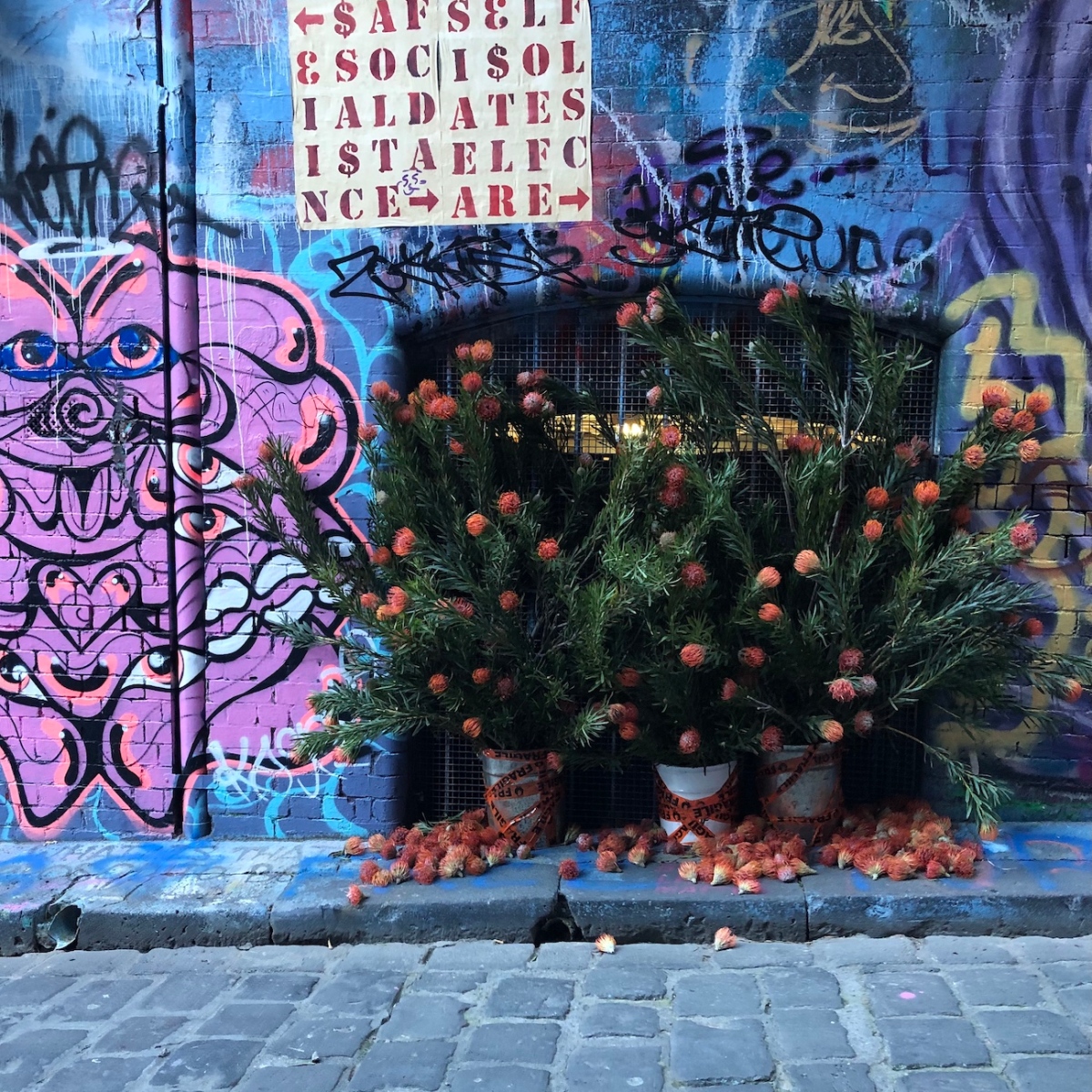

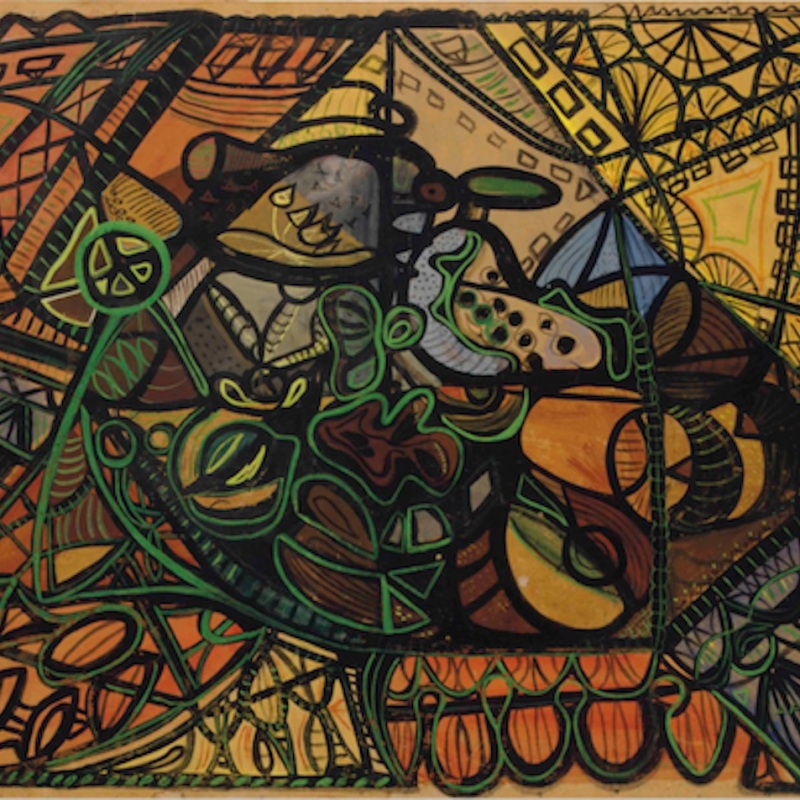
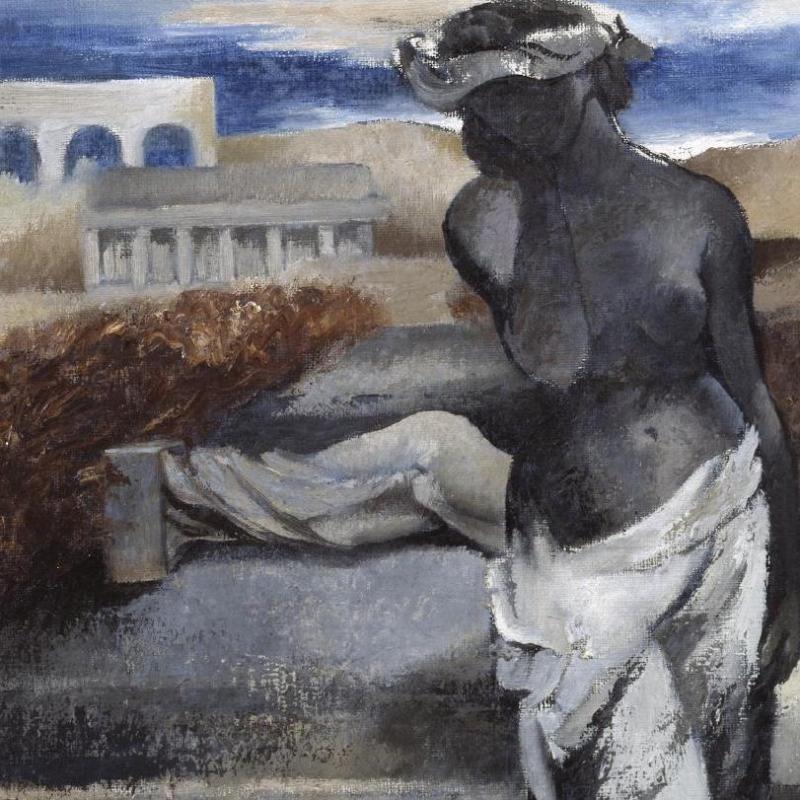
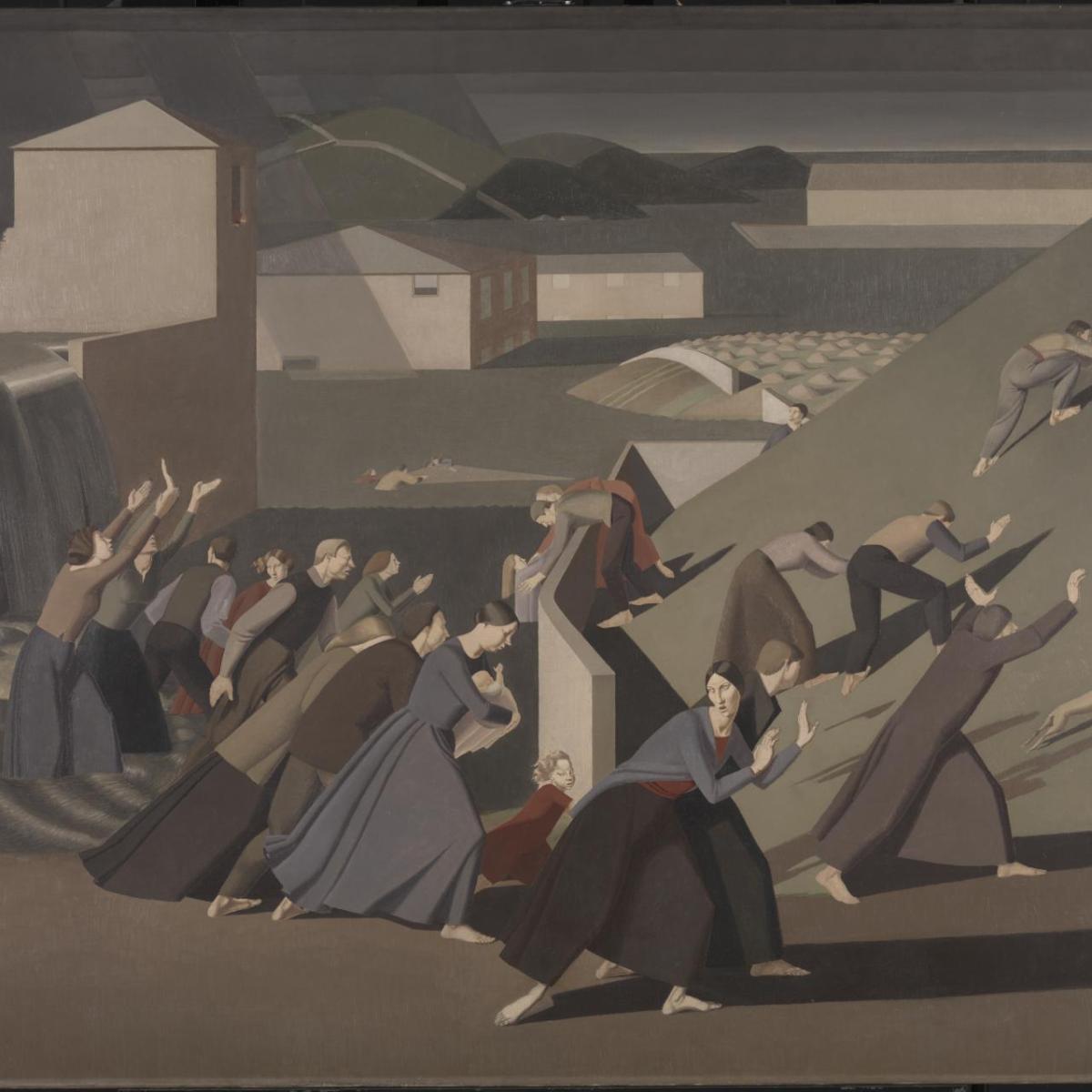
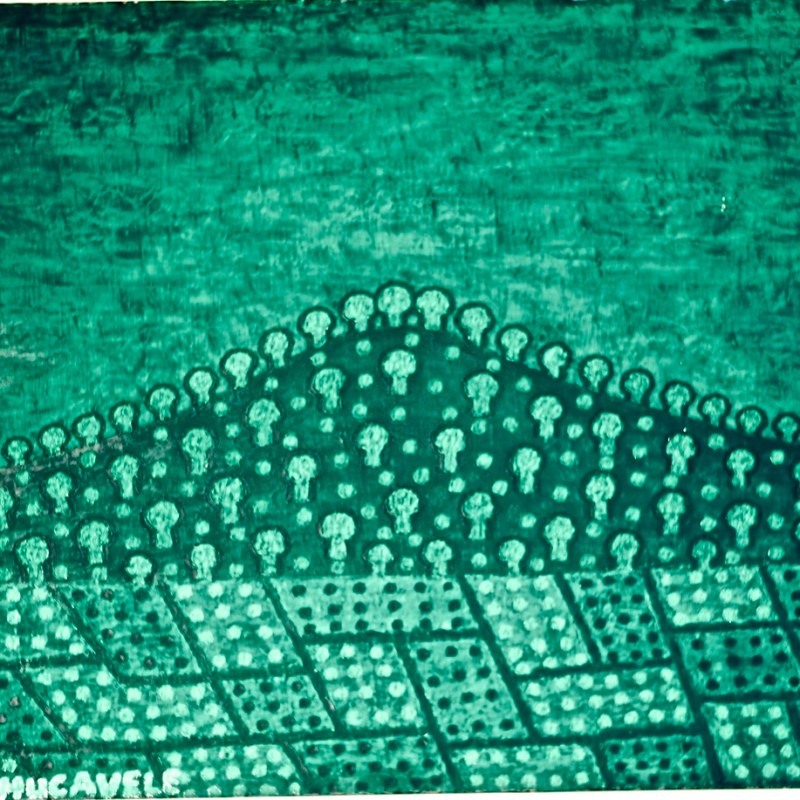
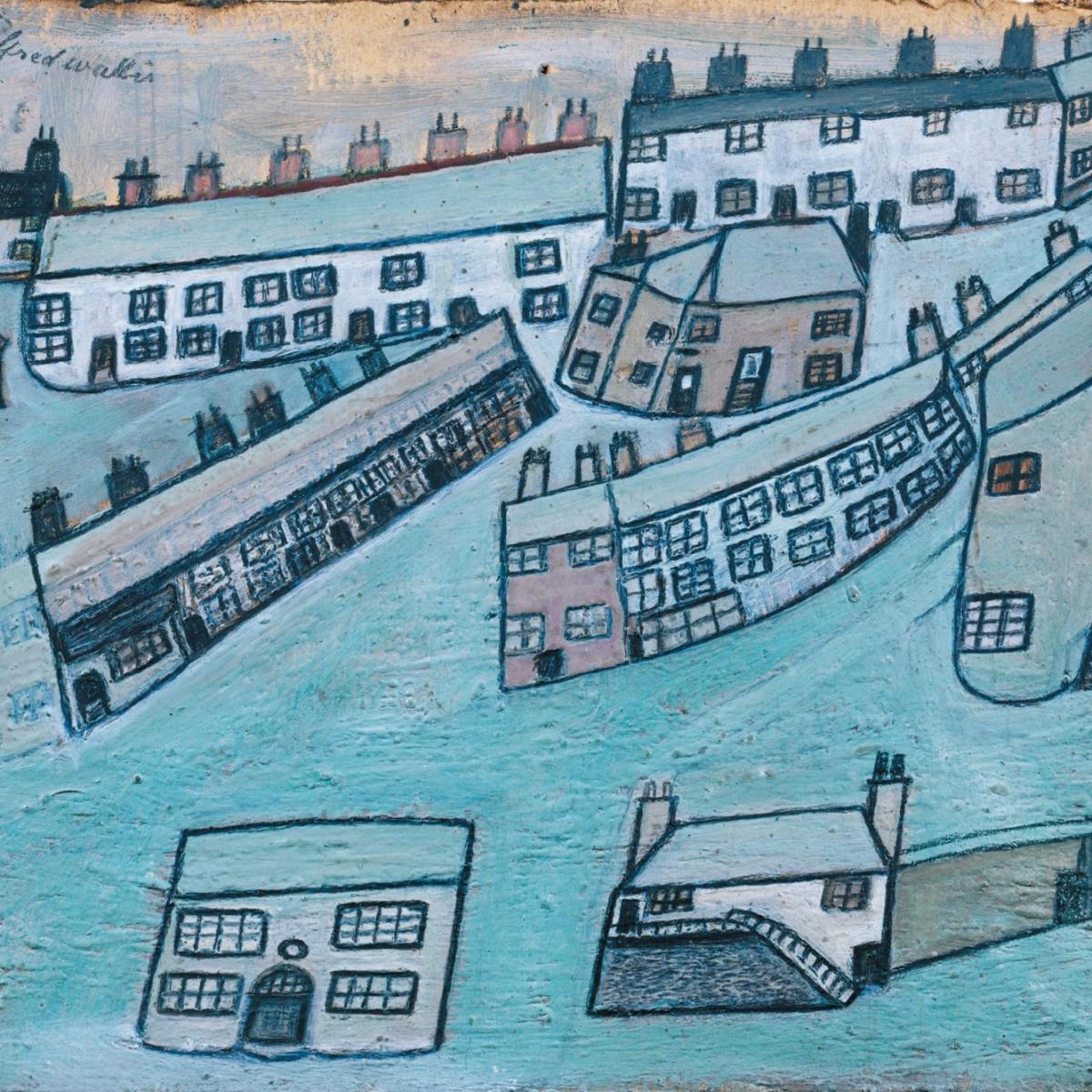
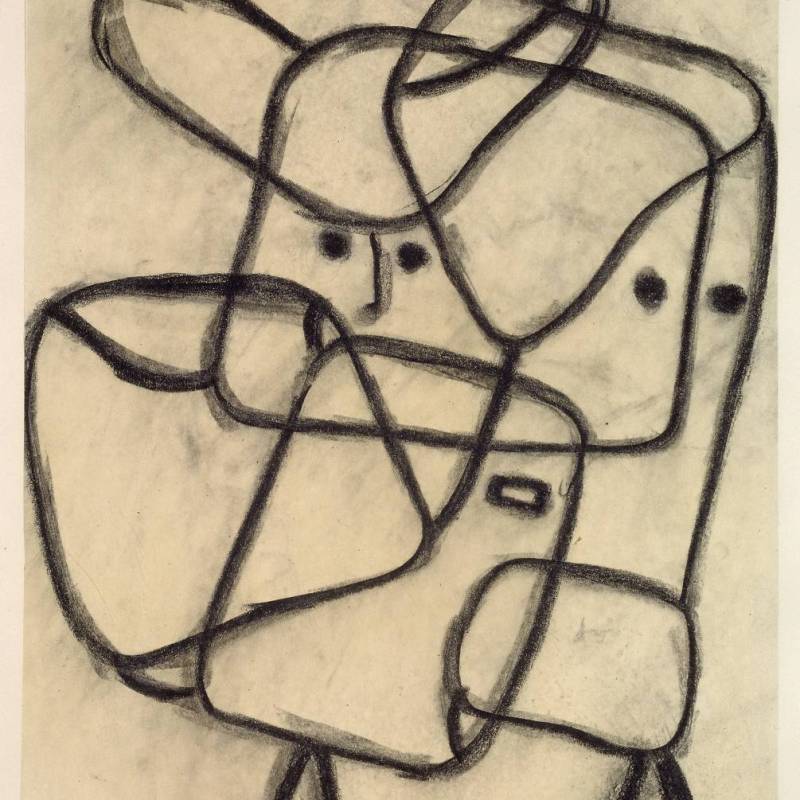
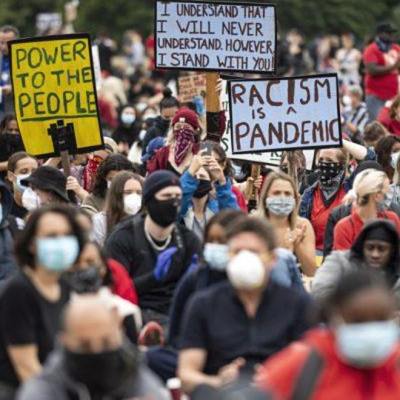
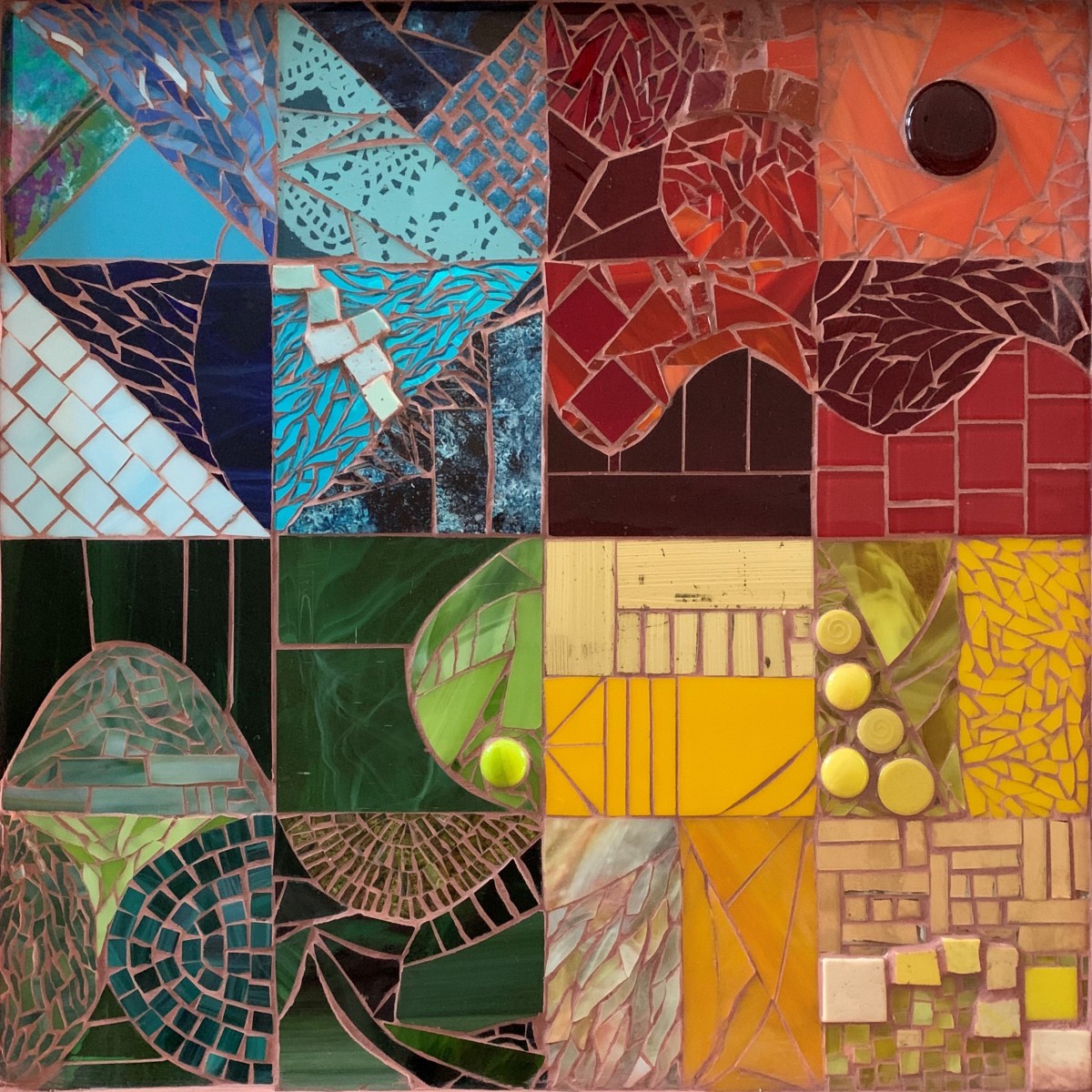
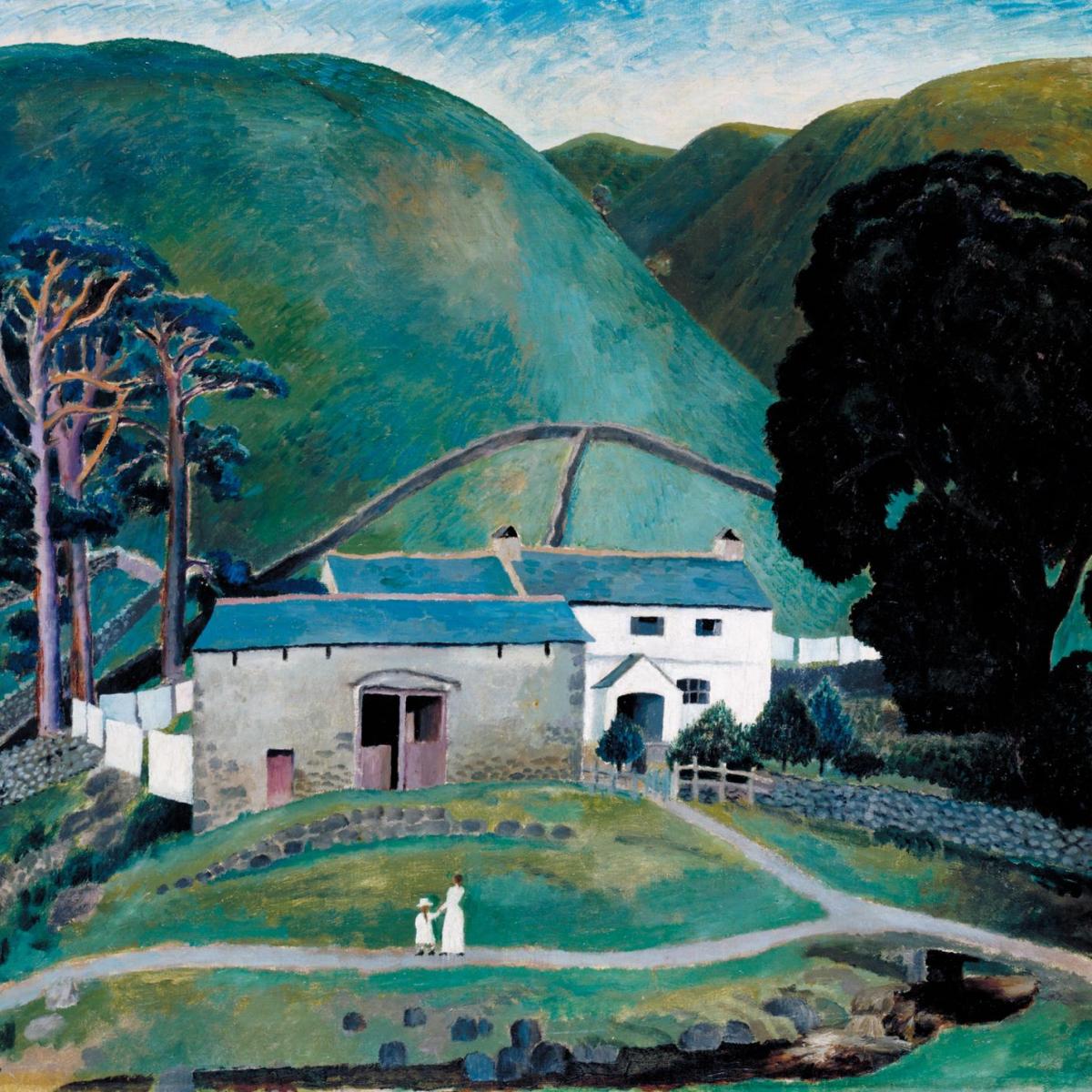
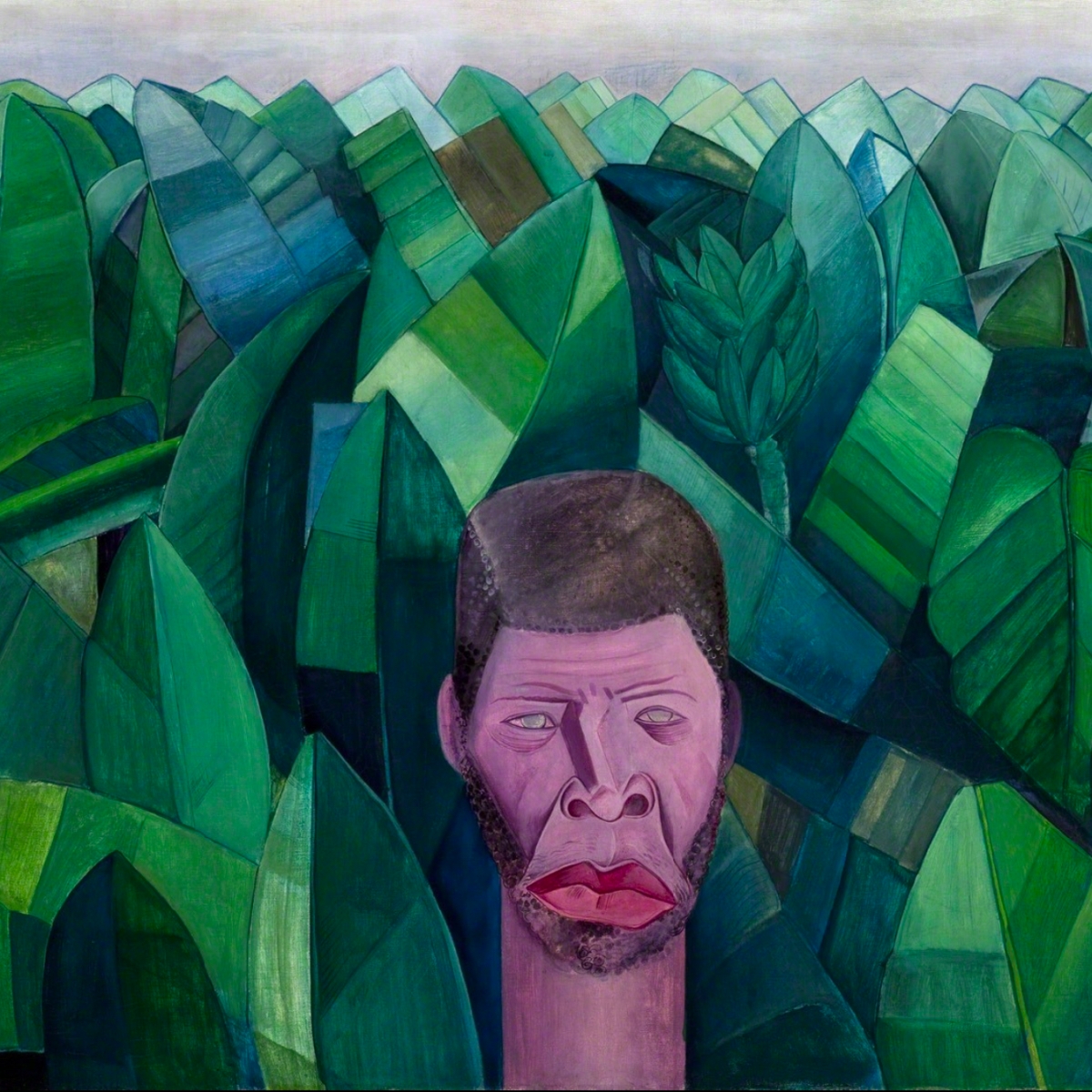
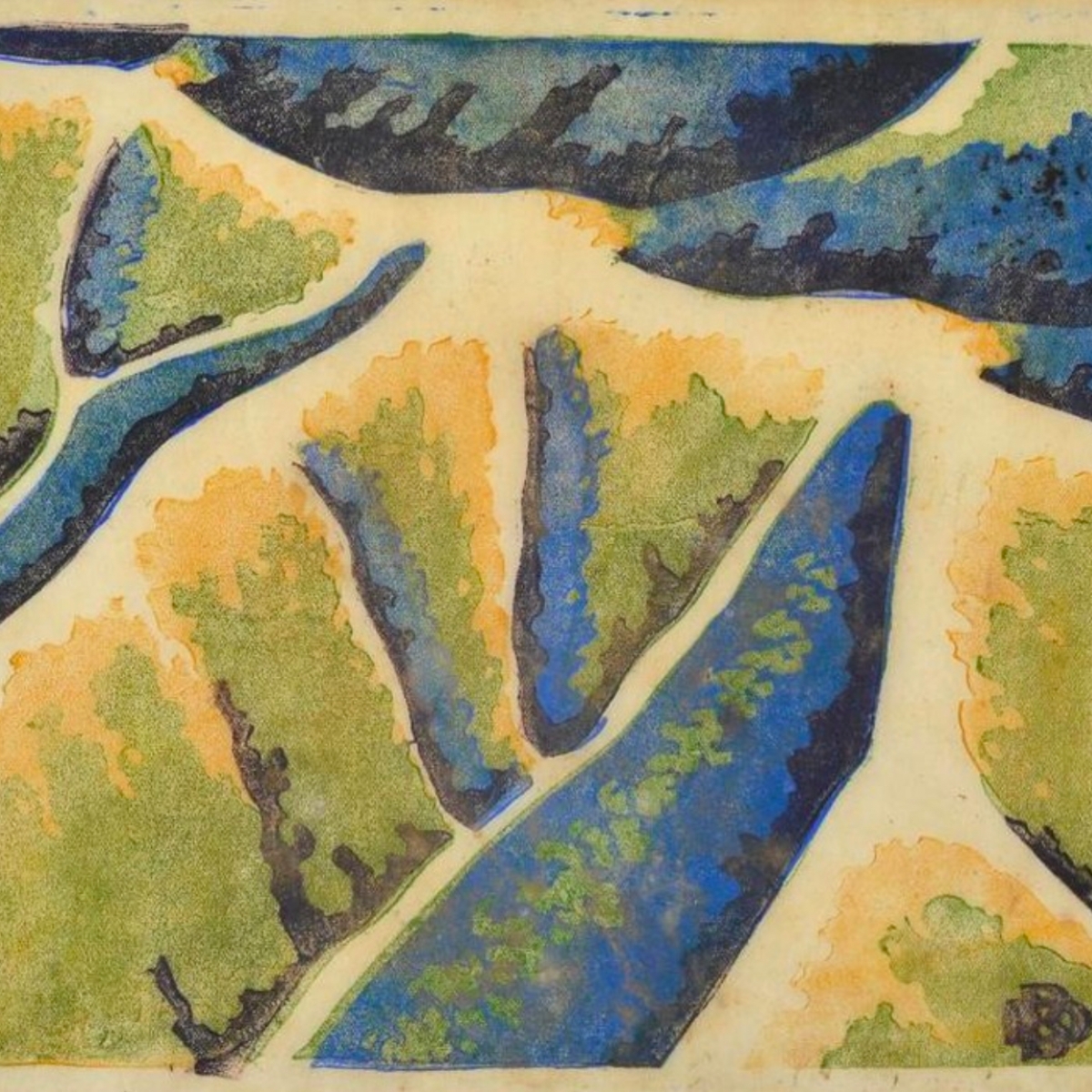
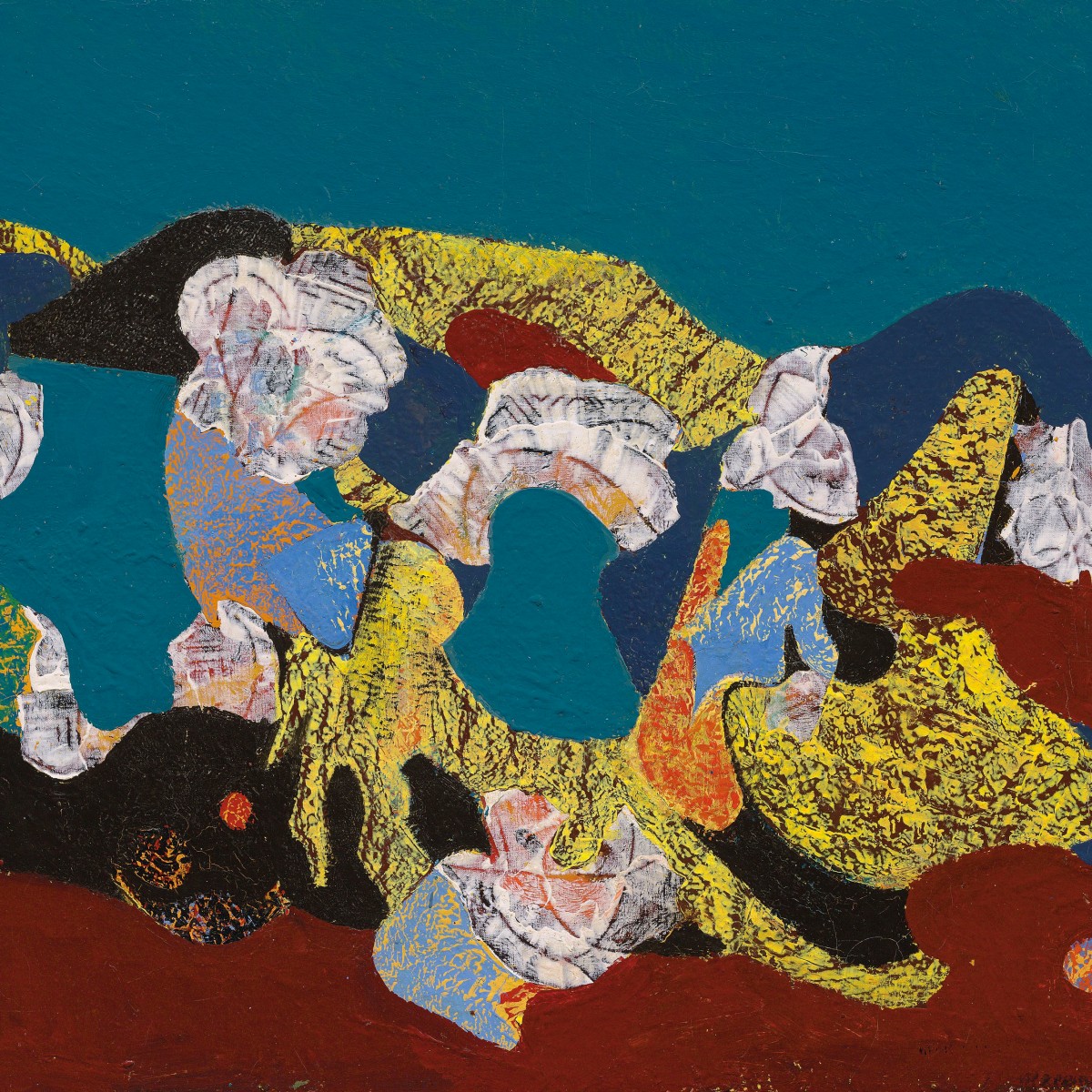

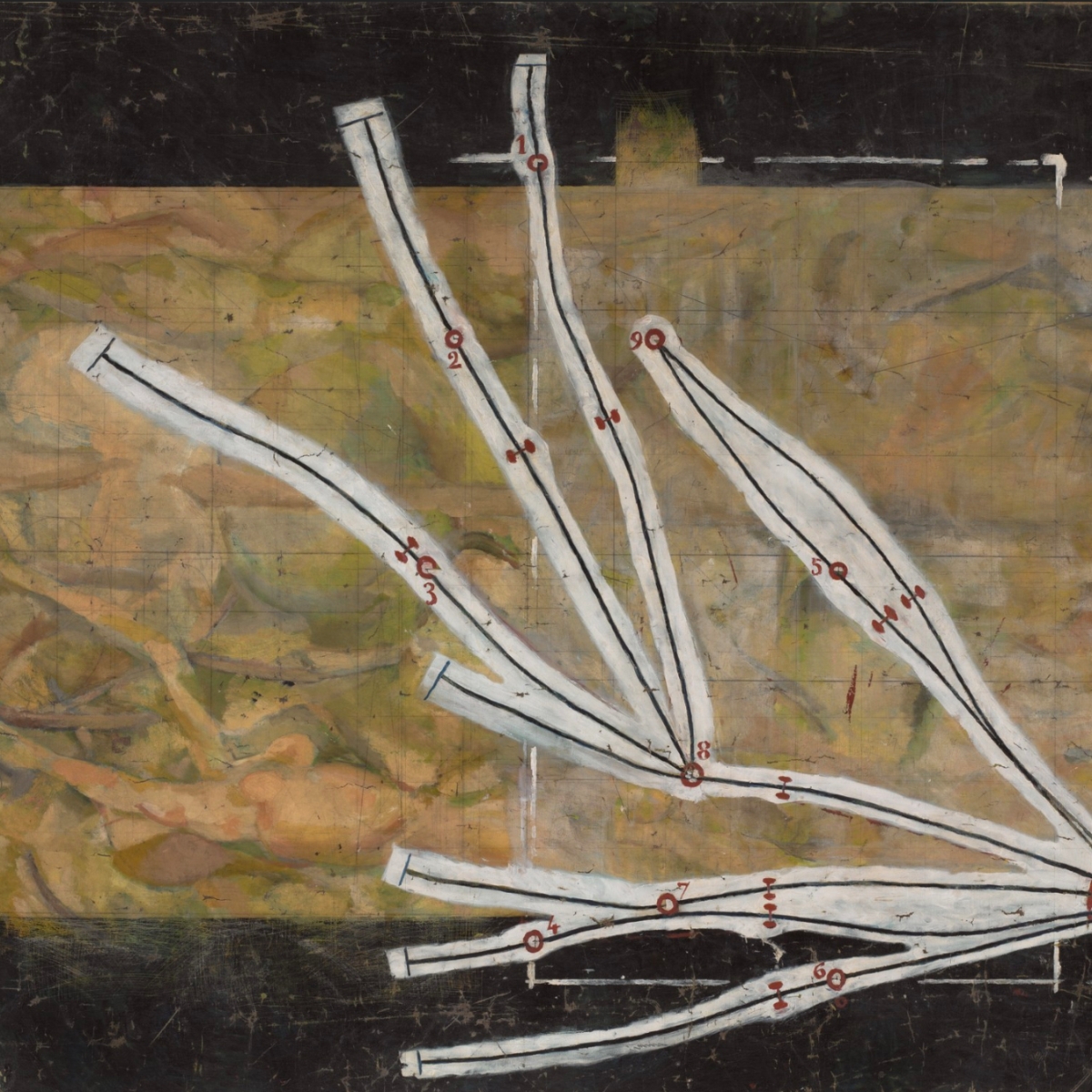
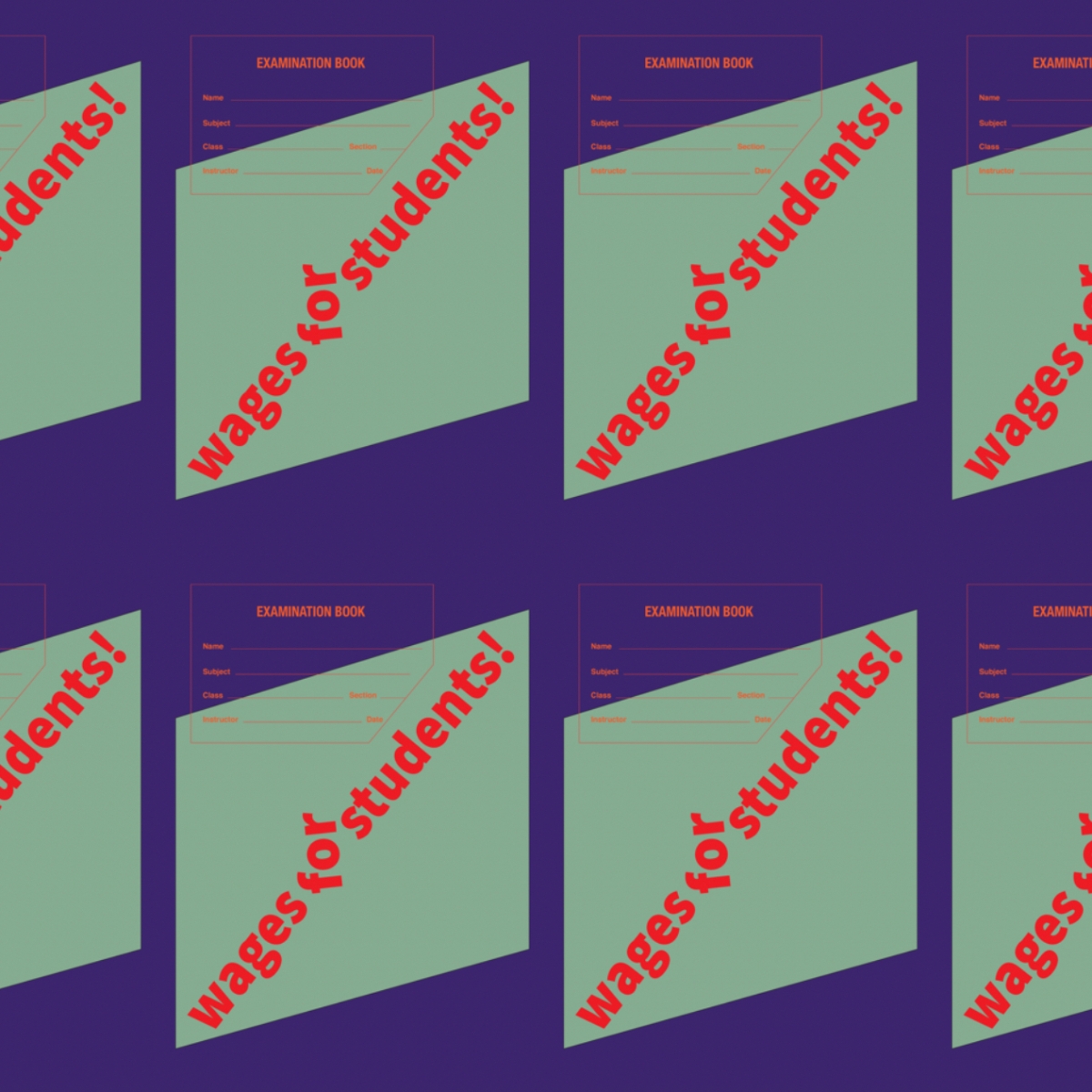
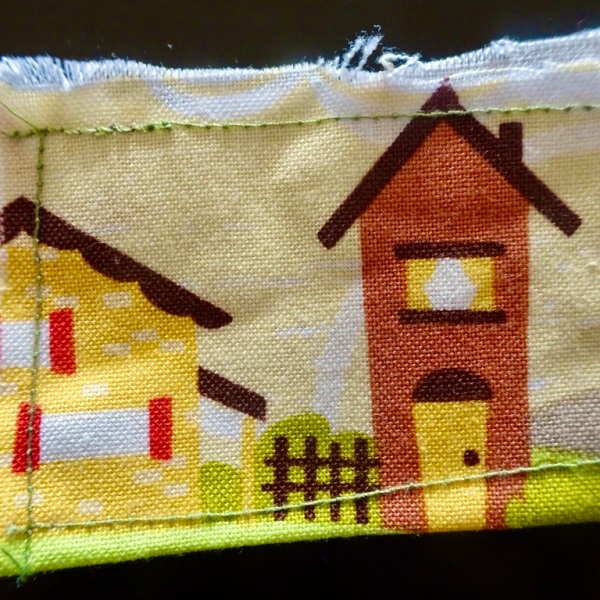
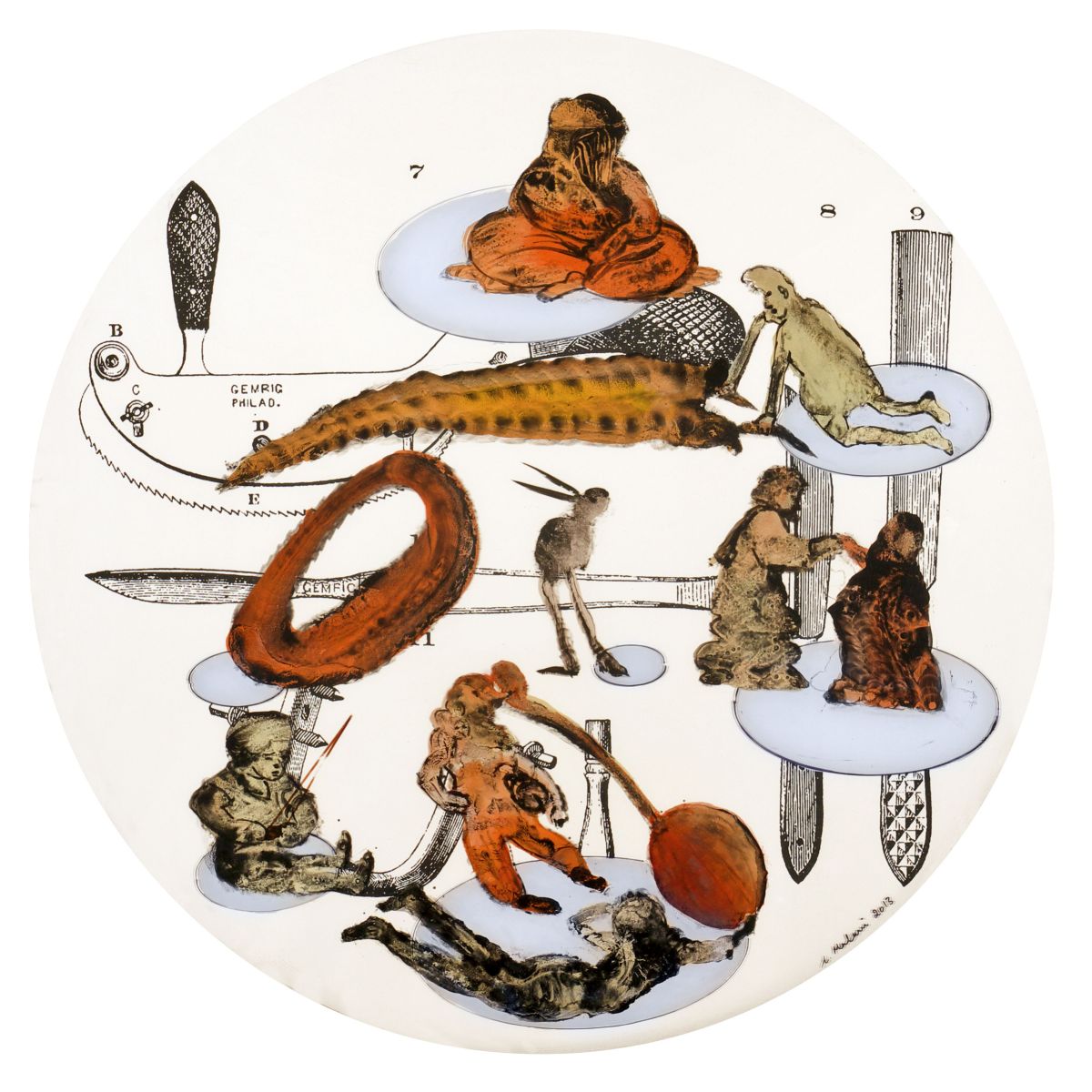
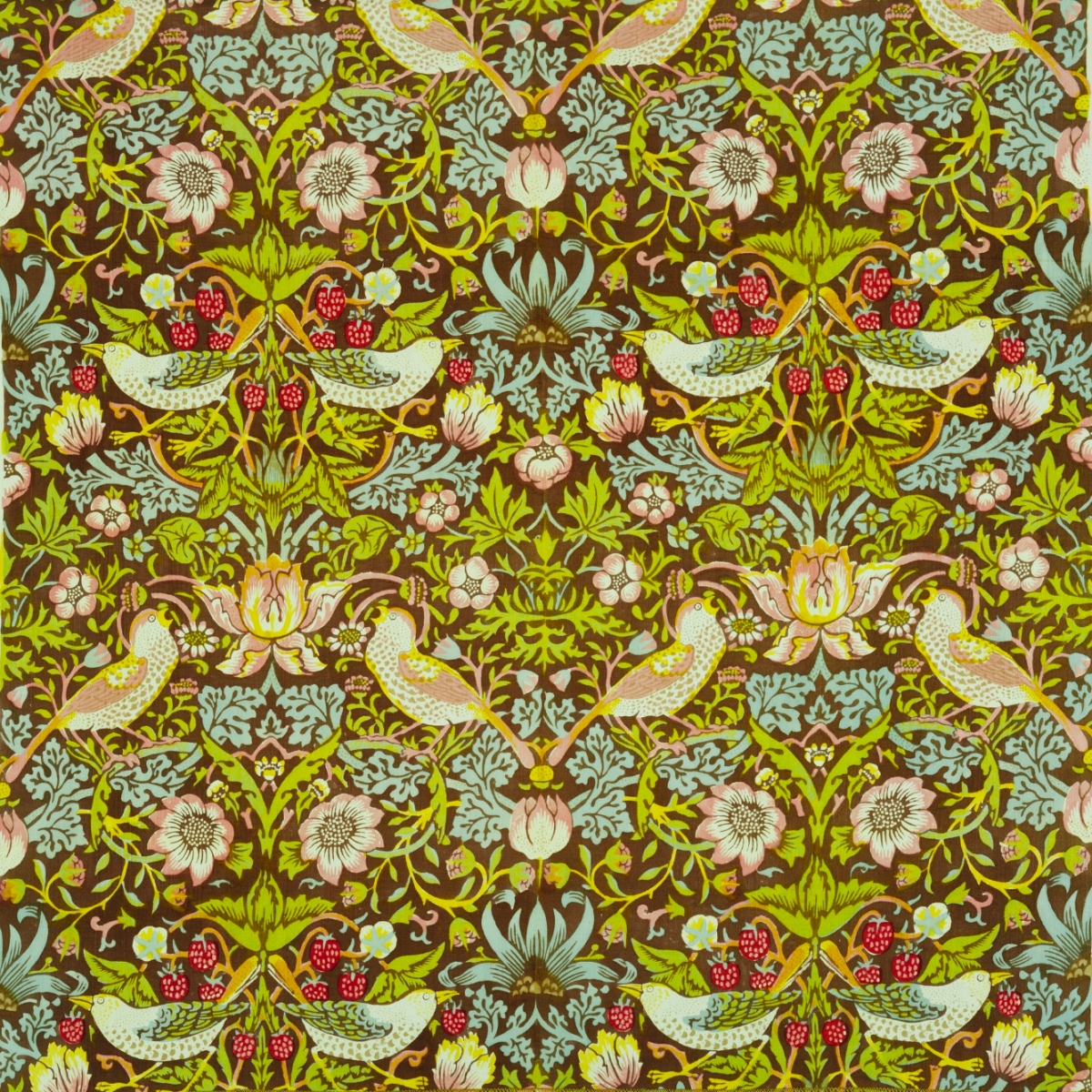
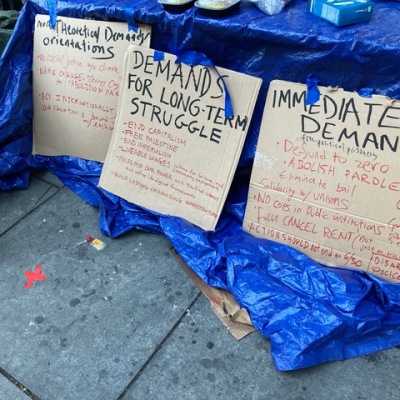
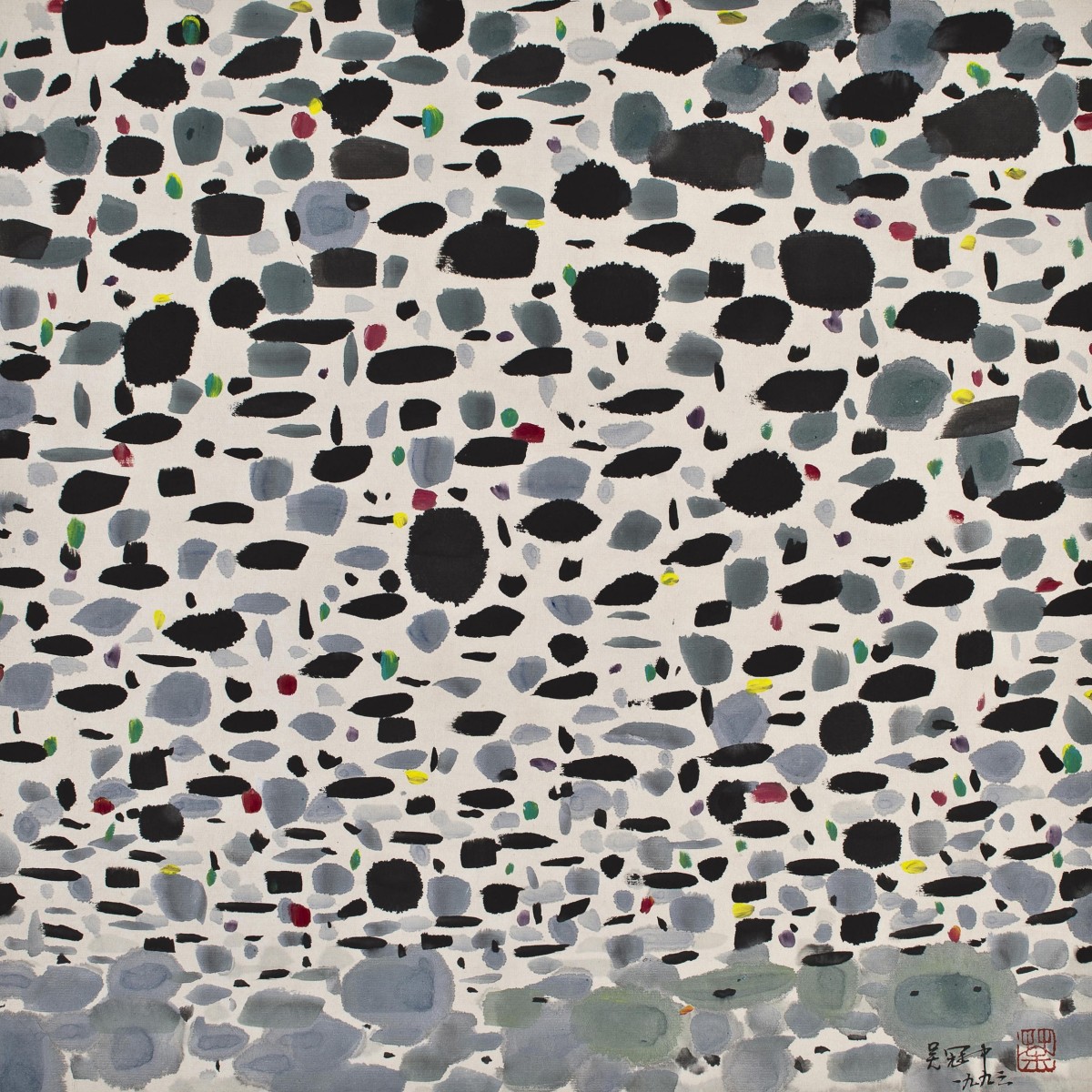
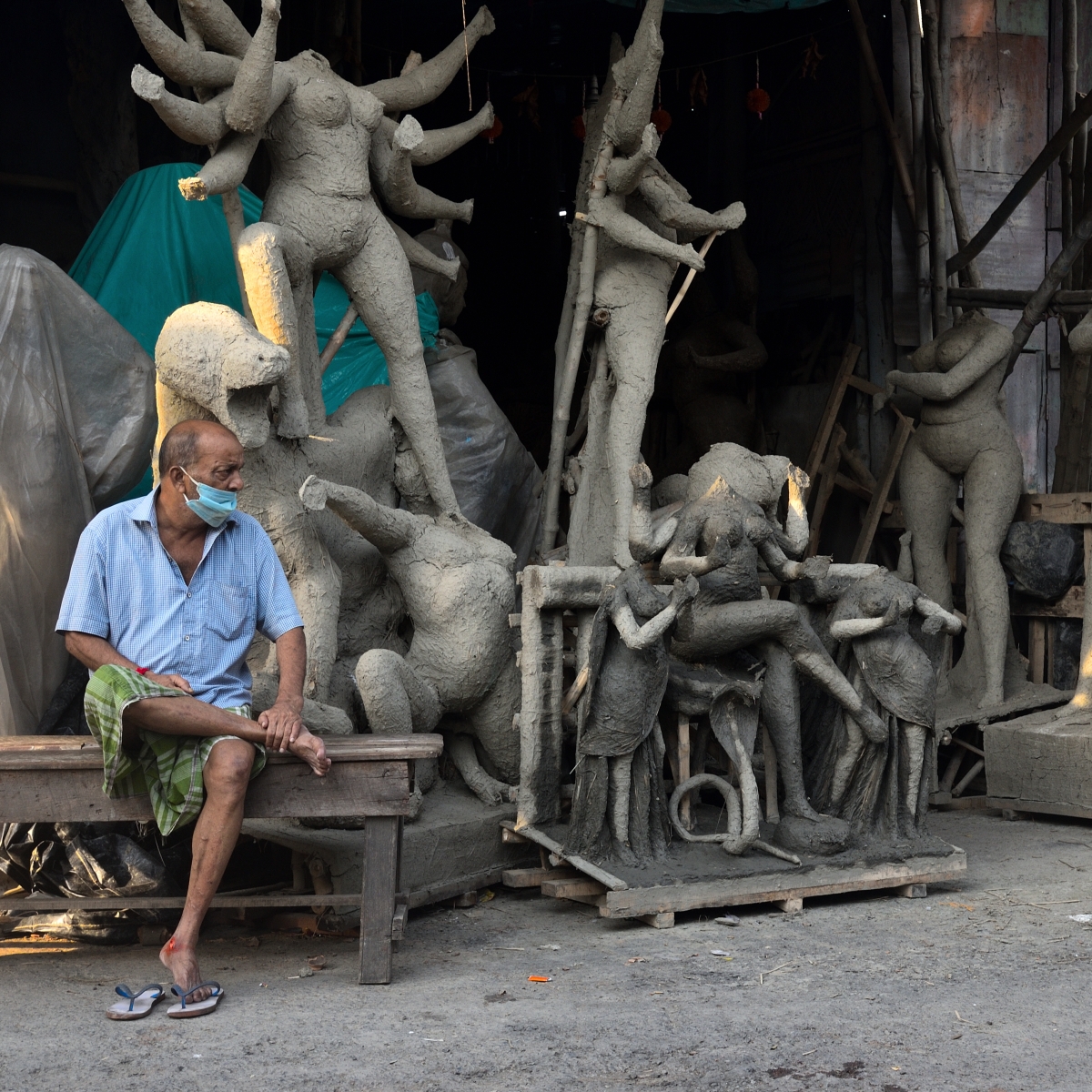
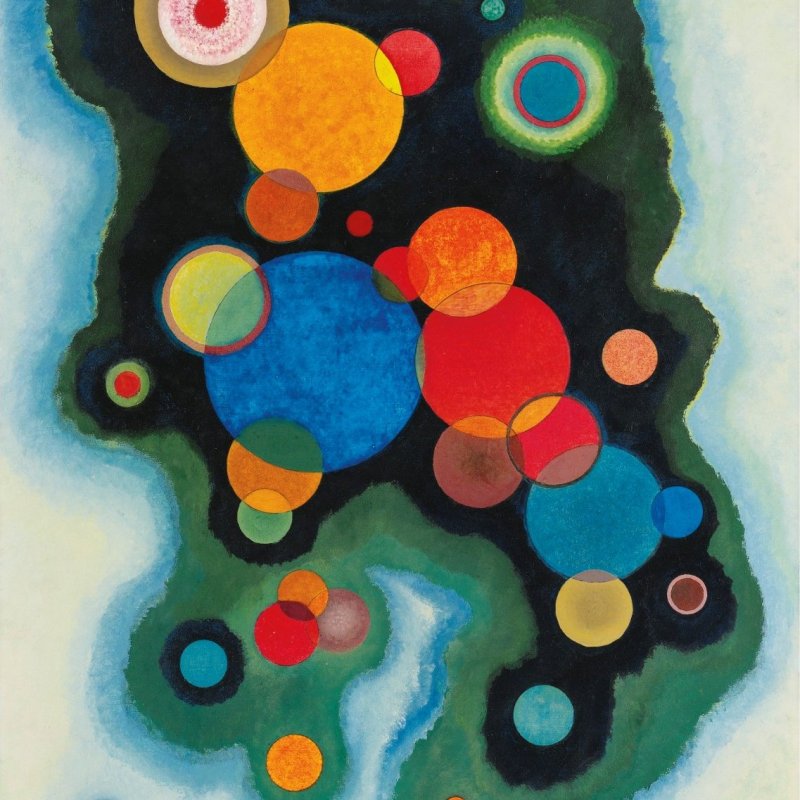

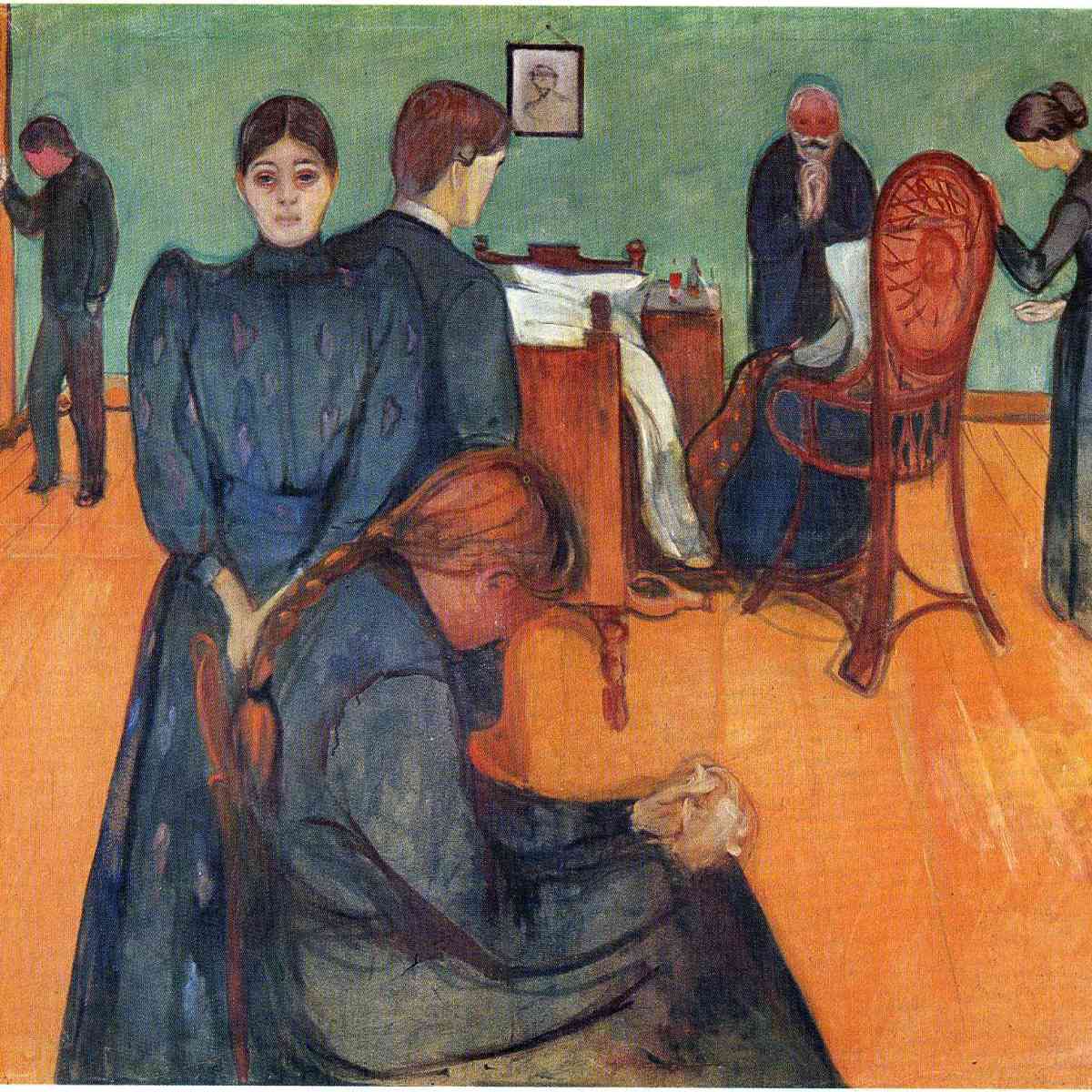
![The Unexpected Effect of Coronavirus: The Re-Birth of Sociology [and Sociologists]?!?](https://thesiselevendotcom.files.wordpress.com/2020/08/90ed3479-dc60-4878-ab30-f6a88f65c01c_1_105_c.jpeg?w=600&h=600&crop=1)
